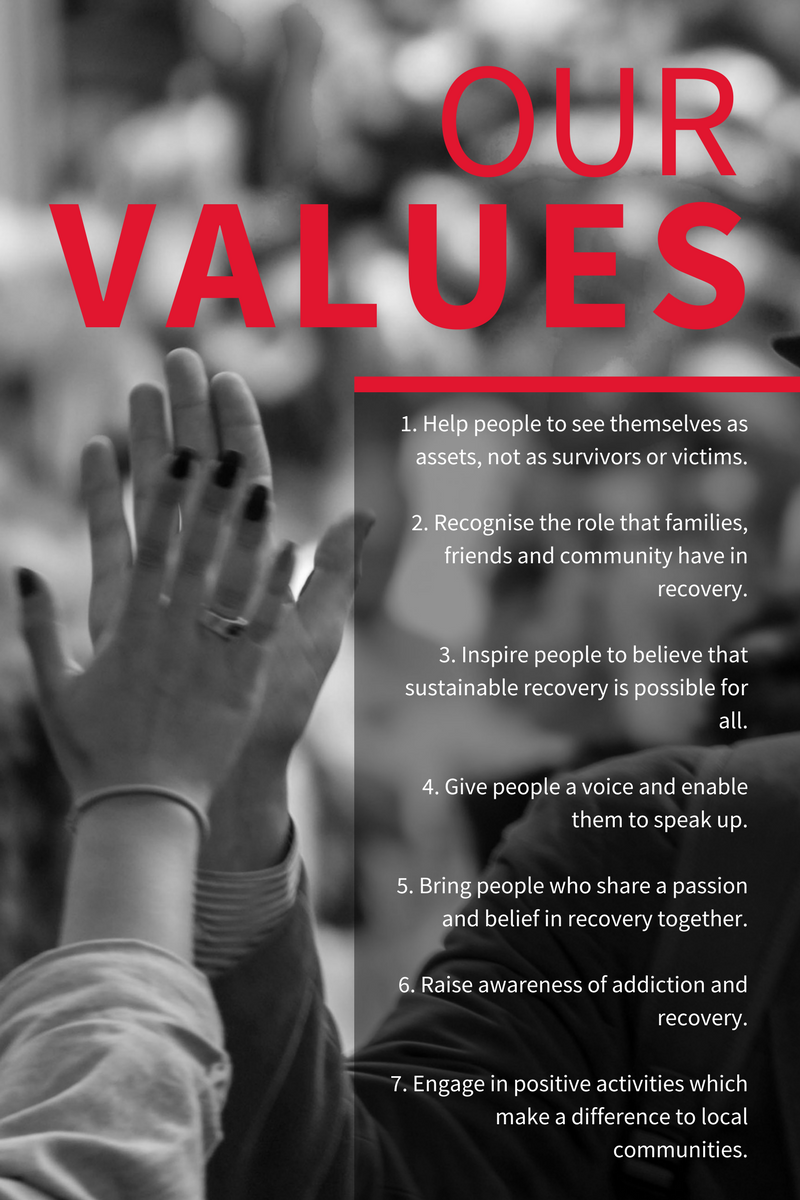
Annual Review
2024/25
Welcome to Red Rose Recovery’s Annual Review for 2024/2025.
Red Rose Recovery was established as a charity in 2012 and has become nationally recognised as a pioneering organisation in developing recovery systems and creating opportunities for people affected by substance misuse, mental health and offending behaviours.
As a Lived Experience Recovery Organisation, our staff’s personal and relatable experience provides inspiration and hope to people who are struggling to find a way forward. We work with a wide range of partner organisations in many different settings to build accessible and inclusive pathways for personal development and recovery.

As we reflect on another extraordinary year at Red Rose Recovery Lancashire, I am both proud and humbled by what we have achieved together. Our mission; to create a vibrant, inclusive recovery community built on lived experience, peer support, and purpose, has never felt more urgent, nor more impactful.
In a time of ongoing challenges for individuals, families, and communities affected by addiction, trauma, and social exclusion, Red Rose Recovery has continued to be a source of strength, innovation, and hope. This year, we’ve expanded our reach, deepened our partnerships, and most importantly, continued to place people with lived experience at the heart of everything we do.
From our recovery hubs to our lived experience workforce, and from new social enterprises to the powerful voices shaping system change, our work has grown in both depth and visibility. We’ve supported thousands of individuals on their recovery journeys, advocated for service transformation across the North of England, and showcased the undeniable value of peer-led, community-based approaches.
None of this would be possible without our dedicated staff, volunteers, trustees, partners, and the many individuals who share their stories and strength with us every day. Your commitment drives the progress we celebrate in this years review.
As you read through this year’s review, I hope you are as inspired as I am by the resilience, creativity, and courage on display. Together, we are not only changing lives, we are changing systems.
With heartfelt thanks for your continued support,

Michael Wearden
Managing Director, Red Rose Recovery
In 2024/2025, we’ve…
Engaged
times with individuals in our communities
(COMPARED TO 61,703
IN 23/24)
Delivered
Projects and group sessions
(COMPARED TO 3,145
IN 23/24)
facilitated
attendances at our groups, Projects & Events
(COMPARED TO 23,770
IN 23/24)
Achieved
Outcomes for the Indivuduals working with us
(COMPARED TO 182,408
IN 23/24)
Supported
times with telephone calls & texts to service users
(COMPARED TO 37,933
IN 23/24)
signposted
times to other services & organisations
(COMPARED TO 21,080
IN 23/24)
Our work in engaging and supporting beneficiaries in 2024/2025 has created a total social, health and economic cost saving of £13 for every £1 invested into Red Rose Recovery services.
Based on research into costings on the public purse by NHS Improvement, the Department of Work & Pensions, Public Health England, the Centre for Mental Health, the Home Office and the Ministry of Justice.

We’ve seen some incredible outcomes from our work this year, with…
Individuals hitting their 5 Ways to Wellbeing this many times…
Connect
Be Active
Take Notice
Learn
Give
And…
thousands of the people we work with achieving life-changing & meaningful hard outcomes, such as…
Reporting stopping, or a reduction in substance intake
supported with access to housing or independent living
Reporting improved access to family, such as through social care
Helped into employment or self-employment
Reducing contact and attendance with A&E and emergency services

Did you know that a visit to A&E costs on average £1,560, When you factor in emergency care, inpatient admissions, and necessary follow-up treatments?
(Based on NHS England Costings report)
—-
Our work in reducing individuals contact with A&E alone, saved over £230,000 on the public purse throughout 2024/25.
And…
Our volunteers contributed over
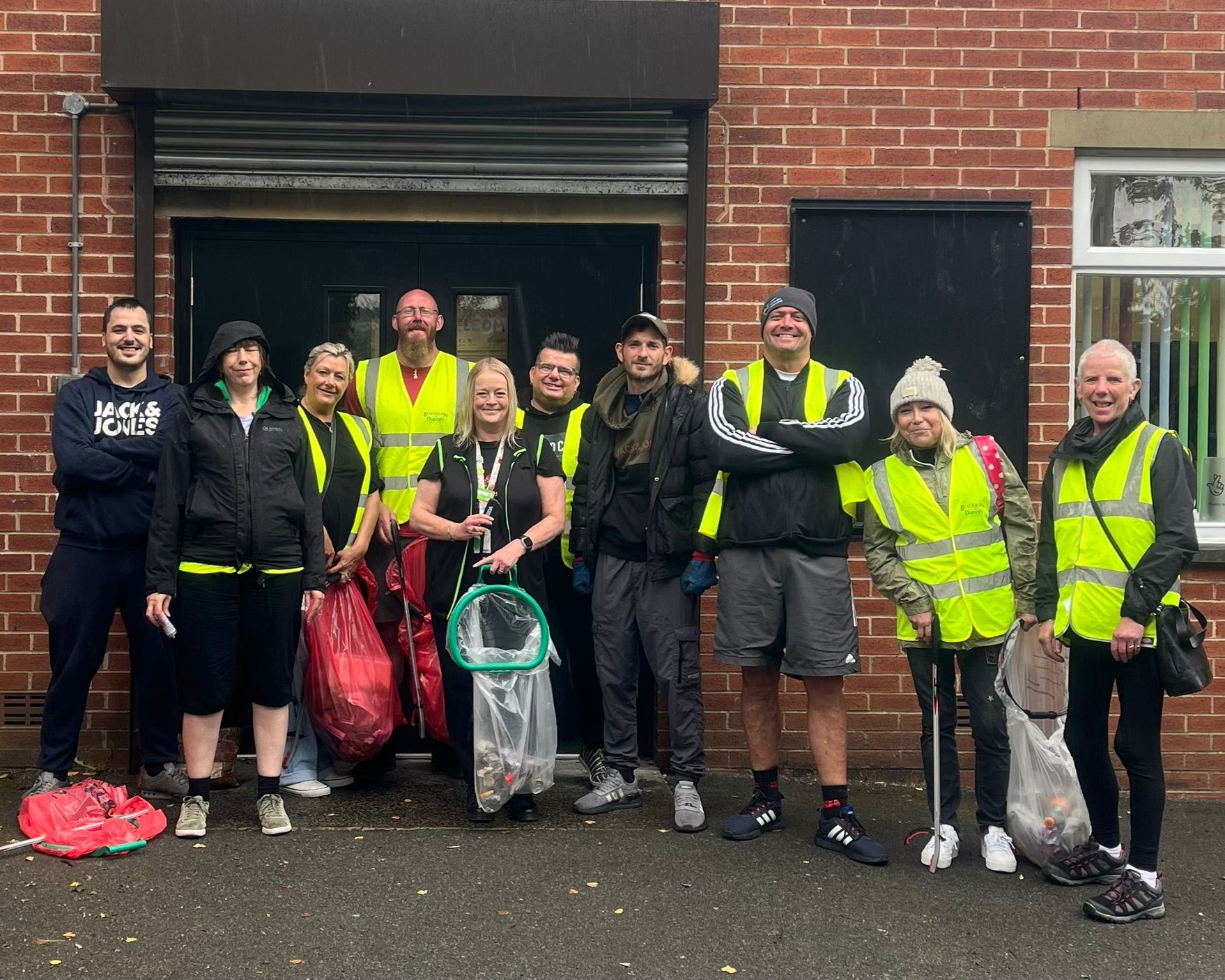
Hours of their time, providing peer support, group facilitation, help at community projects, and much more.
Using the minimum wage a baseline, at £11.44 per hour during 2024/25, our volunteers contributed over £45,760 into our communities.
At Red Rose Recovery, we believe in…

Social Value Impact
Our work in
Group Facilitation
Saved
£11
for every £1 spent
Providing
£9,864,000
of economic value
Our work in
reducing substances
Saved
£22
for every £1 spent
Providing
£19,506,000
of economic value
Our work in
Reducing A&E Contact
Saved
£2
for every £1 spent
Providing
£232,440
of economic value
Our work in
Employment Support
Saved
£8
for every £1 spent
Providing
£6,772,500
of economic value
Our work in
reducing re-offending
Saved
£14
for every £1 spent
Providing
£6,336,000
of economic value
Click on the tabs below to see how we worked it out…
Economic Value of Support Groups: Red Rose Recovery’s Impact
Red Rose Recovery facilitated support groups attended by 2,466 unique individuals over the past year. These groups offer substantial benefits to participants and the broader community, translating into significant economic value.
Financial and Social Impact:
Participation in support groups yields multiple economic benefits:
Improved Mental Health: Support groups significantly improve mental health, reducing the need for intensive mental health services and interventions. This improvement translates into annual savings of approximately £2,000 per individual.
Reduced Healthcare Costs: Regular attendance helps individuals manage their health better, leading to fewer GP visits and emergency healthcare use. This reduction saves an average of £500 per individual annually.
Increased Social Cohesion: By fostering social connections and reducing isolation, support groups contribute to enhanced well-being and community support. The economic value of these social benefits is estimated at £500 per individual annually.
Enhanced Productivity: Better mental health and social support enable individuals to be more productive in their personal and professional lives, adding an estimated £1,000 per individual annually to the economy.
Overall Economic Benefit:
Comprehensive Economic Value per Individual: £4,000
Total Group Participants: 2,466
Total Economic Benefit: £9,864,000
Conclusion:
Red Rose Recovery’s support groups provide a substantial economic value, amounting to £9,864,000 for the 2,466 participants. These savings and benefits underscore the importance of our support groups in promoting mental health, reducing healthcare costs, fostering social cohesion, and enhancing productivity.
References:
Improved Mental Health (£2,000):
Mental Health Foundation. (2020). The economic case for investing in the prevention of mental health conditions.
Centre for Mental Health. (2010). The Economic and Social Costs of Mental Health Problems in 2009/10.
Reduced Healthcare Costs (£500):
NHS England data on average GP appointment cost and emergency usage reduction.
Public Health England (PHE). (2018). Health matters: reducing health inequalities in mental illness.
Social Cohesion (£500):
New Economics Foundation (NEF). (2008). Five Ways to Wellbeing: The Evidence.
HACT Social Value Bank.
Productivity Gains (£1,000):
Department for Work and Pensions (DWP). (2022). Economic benefits of employment support programmes.
Economic Value of Reducing Substance Intake: Impact of Red Rose Recovery
Red Rose Recovery supported individuals in reducing or stopping substance intake, with reported reductions totaling 3,251 instances over the past year. This achievement improves individual health outcomes and generates substantial economic benefits for society.
Financial and Social Impact:
Each reported reduction in substance intake contributes to economic benefits:
Healthcare Savings: Individuals experience fewer substance-related health issues, resulting in savings of approximately £2,000 per person annually in healthcare costs.
Productivity Gains: Improved health and reduced substance use increase individuals’ productivity, contributing approximately £3,000 per person annually to the economy.
Reduced Crime and Legal Costs: Less substance use leads to lower involvement in criminal activities, saving approximately £1,000 per person annually in criminal justice costs.
Overall Economic Benefit:
Comprehensive Economic Value per Reduction: £6,000
Total Reported Reductions: 3,251
Total Economic Benefit: £19,506,000
Conclusion:
Red Rose Recovery’s efforts in supporting individuals to reduce or stop substance intake have generated a significant economic value of £19,506,000. These savings, coupled with improved health outcomes and reduced societal costs, highlight the critical importance of our programs in promoting recovery and enhancing economic resilience within our community.
References:
Healthcare Savings (£2,000):
NICE Guidelines. (2012). Alcohol-use disorders: diagnosis, assessment and management.
Home Office. (2016). The Economic and Social Costs of Crime.
Productivity Gains (£3,000):
HM Treasury. (2018). Productivity and the UK Economy: Overview.
PHE. (2017). Alcohol and drug prevention, treatment and recovery: why invest?
Reduced Crime and Legal Costs (£1,000):
Home Office (2018). Economic and social costs of crime – Second edition.
Significant Healthcare Savings: The Impact of Red Rose Recovery on A&E Services
Over the past year, Red Rose Recovery significantly reduced contact with Accident & Emergency (A&E) services 149 times, providing substantial relief to our healthcare system and yielding remarkable economic savings.
Financial Impact:
By preventing 149 A&E visits that likely would have resulted in inpatient stays and subsequent outpatient follow-ups, Red Rose Recovery saved the healthcare system approximately £232,440. This estimate includes the comprehensive costs associated with emergency care, inpatient admissions, and necessary follow-up treatments.
Comprehensive Average Cost per A&E Visit: £1,560
Total A&E Visits Prevented: 149
Total Savings: £232,440
Enhancing Healthcare Efficiency:
Reducing A&E visits and the associated inpatient and outpatient care has broader implications:
Reduced Waiting Times: With fewer non-emergency cases, A&E departments can prioritize critical patients, improving overall service efficiency.
Better Patient Outcomes: Redirecting individuals to more suitable healthcare services ensures they receive appropriate and timely care, leading to improved health outcomes.
Optimal Resource Utilization: Significant cost savings allow for the reallocation of resources to other vital areas within the healthcare system, enhancing overall service provision.
Supporting Individuals:
For those who avoided unnecessary A&E visits, the benefits are considerable:
Appropriate Care: Receiving suitable care through primary or community health services leads to better health management.
Reduced Stress: Avoiding the stressful environment of A&E and inpatient settings enhances mental and emotional well-being, promoting quicker recovery.
Conclusion:
Red Rose Recovery’s efforts in reducing A&E visits have generated an impressive economic value of £232,440. These savings, coupled with improved healthcare efficiency and patient outcomes, underscore the critical importance of our services in fostering a healthier, more sustainable community.
References:
Cost per A&E visit avoided (£1,560):
NHS Improvement. (2018). Reference costs: Emergency medicine services.
National Audit Office. (2023). Reducing pressure on emergency hospital services.
Follow-up and inpatient cost reduction:
NHS Digital. (2021). Hospital Episode Statistics (HES).
Empowering Lives: The Economic Impact of Red Rose Recovery’s Employment Support
Over the past year, Red Rose Recovery empowered 129 individuals by helping them secure employment or start their own businesses. This achievement translates into a substantial economic benefit, with a total social value of £6,772,500.
Financial Stability and Growth:
Employment provides individuals with financial stability, which is crucial for their personal growth and overall well-being. The benefits include:
Direct Income: Each individual now earns an average annual salary of £30,000, contributing to their financial independence.
Welfare Savings: With reduced dependency on welfare benefits, the government saves approximately £10,000 per individual annually, leading to significant public savings.
Increased Tax Revenues:
Employed individuals contribute to the economy through taxes. On average, each employed person contributes around £5,000 annually in income tax and national insurance. This increased tax revenue supports public services and infrastructure, benefiting the wider community.
Enhanced Health and Well-being:
Employment has a positive impact on health and well-being. Employed individuals typically experience better mental and physical health, leading to:
Reduced Healthcare Costs: With improved health, there is a reduction in healthcare expenses, estimated at £7,500 per individual annually.
Increased Productivity: Healthier individuals are more productive, contributing more effectively to their workplaces and the economy.
Personal and Community Impact:
Every individual’s journey to employment is a story of transformation and empowerment:
Personal Growth: Employment provides a sense of purpose, self-esteem, and the opportunity for personal development.
Community Engagement: Employed individuals are more likely to engage in and contribute to their communities, fostering social cohesion and support networks.
Conclusion:
Red Rose Recovery’s efforts in helping 129 individuals into employment or self-employment have generated an impressive economic value of £6,772,500. These savings, coupled with the broader social benefits of improved health, well-being, and community engagement, underscore the critical importance of our work in creating a more resilient and thriving society.
References:
Average Salary (£30,000):
Office for National Statistics (ONS). (2024). Average weekly earnings in the UK.
Welfare Savings (£10,000):
Department for Work and Pensions (DWP). (2021). Benefits statistical summary.
Institute for Fiscal Studies. (2020). Welfare spending analysis.
Tax Revenue (£5,000):
HM Revenue & Customs (HMRC). (2024). Income Tax and National Insurance contribution averages.
Healthcare Savings (£7,500):
PHE (2018). Health matters: health and work.
Centre for Mental Health. (2010). Employment and mental health report.
Economic Impact of Reducing Re-offending: Red Rose Recovery’s Contribution
Reducing re-offending is a cornerstone of Red Rose Recovery’s mission. In 2024/25, our support contributed to 176 instances where individuals did not return to offending behaviour after engaging with our services. This has generated a substantial economic and social value of £6,336,000.
Financial and Societal Benefits:
Reducing re-offending has widespread implications for public safety, economic efficiency, and individual transformation. Each avoided re-offence saves the public purse and society:
Criminal Justice System Savings: Avoided costs of policing, courts, probation, and prison services amount to approximately £36,000 per offence.
Victim Costs Avoided: Preventing crime also avoids the emotional, financial, and healthcare costs incurred by victims.
Increased Economic Participation: Individuals supported into pro-social behaviours are more likely to engage in employment, volunteering, and community life.
Pathways to Change:
Through peer-led support, mentoring, structured group work, and positive role modelling, Red Rose Recovery creates conditions where people with lived experience feel understood and empowered to change their lives.
Personal Responsibility: Individuals are supported to take ownership of their past and actively shape their futures.
Relapse Prevention: Our approach addresses not just behaviours but the root causes of offending, such as trauma, substance misuse, and lack of opportunity.
Stronger Communities: Supporting individuals to stay out of the criminal justice system also reduces fear of crime and strengthens social bonds.
Overall Economic Impact:
Value per Avoided Re-offence: £36,000
Instances of Avoided Re-offending: 176
Total Value Generated: £6,336,000
Conclusion:
By supporting 176 individuals to break the cycle of re-offending, Red Rose Recovery has generated an economic and social value of £6,336,000. Beyond the numbers, this represents safer communities, fewer victims, and renewed lives—proving that investing in lived experience-led recovery is both a moral and economic imperative.
References:
Cost per offence avoided (£36,000):
Ministry of Justice. (2018). The economic and social costs of reoffending.
Home Office. (2011). Estimating the costs of crime.
Victim and criminal justice savings:
Victim Support UK. (2020). The cost of crime to victims.
Centre for Justice Innovation. (2019). Community solutions to reducing reoffending.
don’t just take our word for our impact…
I was referred to Red Rose Recovery through the NHS Long Covid Team because they believed their support would benefit me.
From the very first visit, I had a feeling I was going to be in good hands. The team came to see me at home, and straight away it felt different. They listened. They cared. It wasn’t just about ticking boxes or rushing through a list. They genuinely wanted to understand how they could help.
At that time, I had no idea how to navigate benefits. I had never been on them before and had no clue where to start. One of the team helped me gather the right information, explained what I might be entitled to, and got me started in a way that felt manageable, not overwhelming.
When one team member moved on to another role, I was introduced to another worker who was just as brilliant. They helped me submit a higher-level claim for support and even wrote a detailed letter that made a huge difference to the outcome. Thanks to them, I was awarded what I needed. They encouraged me to leave the house when they knew I was struggling, often without needing to ask me how I was feeling, they just knew. They even supported my daughter, who is at university, and told her about a hardship grant we had no idea existed. That advice led to her receiving funds that have really helped her stay afloat.
Then came the support group. A weekly Long Covid group was created, and it quickly became a lifeline. On the first day, I sat in a room with eight other people and found out that six of us had lost our jobs because of Long Covid. Suddenly, I did not feel so alone. I wasn’t soft. I wasn’t imagining it. And I wasn’t the only one.
The group became a space where we could be honest. We even managed to go out for lunch together. That might sound small, but for some of us, it was a huge step. For those who could not attend in person, they set up Zoom so everyone could be included.
Without Red Rose, I honestly do not know where I would be. I would probably still be overwhelmed by paperwork, still trying to figure out how to survive financially after losing my job, still feeling judged and misunderstood by a world that has no idea how devastating Long Covid really is. I would still be isolated, thinking it was just me, feeling ashamed and lost.
But Red Rose made me feel seen. Not once have I felt like a burden or like I was wasting their time. They have always listened and always cared. If they did not know something, they found out. Every single one of us in the group has had different needs, and somehow they’ve managed to help us all.
Even when team members moved on, they did so with emotion and care, and the new staff have stepped in with the same passion and commitment. The support never faltered.
What sets Red Rose apart is that they do not just hear what you say, they truly listen. They notice what you don’t say. They understand what it feels like to be at breaking point, and they meet you there, without judgement, and with kindness.
That long, bumpy road I was on with no direction? Red Rose helped to smooth it. They helped me find the light at the end of it. And they introduced me to others so I did not have to walk it alone.
For everyone who has had their support, and for those who will in the future, I hope this team continues to be available. They are not just helpful, they are essential. And I, like so many others, am beyond grateful for everything they have done.
I began attending a Red Rose Recovery group in July 2022, eager to start my recovery journey. This was my first encounter with a lived experience recovery organization, and it captivated me from the start. I had lost myself and my health, struggling with addiction for about six months. My previous life involved fitness and even training others, a stark contrast to my current situation.
After multiple health scares and warnings, I was placed in a dedicated support area. There, I met representatives from the organization, who offered me guidance and support. I participated in their weekly group meetings, and they quickly became a source of hope and motivation for me.
During my journey, I completed various courses, focusing on community development and understanding trauma. These experiences helped me recognize past experiences and build the skills to advocate for myself and others.
I also participated in a public speaking program, gaining the confidence to share my story and inspire others. This culminated in a presentation where I delivered a powerful message of hope and perseverance, encouraging individuals to never give up on their journey.
Red Rose Recovery has invested time and energy in me, providing me with the focus and hope I lacked before. After my release, I aspire to inspire others through my own story and contribute to positive change.
I am currently in a coaching program, further solidifying my recovery foundation before my parole hearing.
Red Rose Recovery has been supporting me for the past fifteen months. I live with complex PTSD and schizophrenia, and for years I’ve been self-medicating with substances. When I first came into contact with Red Rose, I was in crisis. I could not face groups, I barely left the house, and I felt completely cut off from the world.
But they did not walk away. Instead, they came to me.
One of the team, Lisa, started visiting me at home. She saw that I was seriously unwell and struggling to engage. But she never gave up. She kept coming, checking in, and showing up when I felt like I was not worth anyone’s time. That kind of perseverance meant everything. It made me feel like maybe I was not a lost cause after all. Her calm and confident way of being helped me to trust her, and over time I opened up.
This past year has been particularly difficult. I was taken to court three times because my landlord tried to evict me over rent arrears. I had no one to support me. My family do not accept my mental health struggles. Without Red Rose, I would have been completely alone. Lisa came with me to court, supported me through the fear and stress, and gave me the confidence to get through it. The outcome went in my favour, and I truly believe that without her support, I would not be where I am now.
Lisa’s patience, her ability to notice the small changes in my mental health, and even her sense of humour have played a huge part in my recovery. This testimonial is not just about her though, it’s about what Red Rose Recovery stands for. They believed in me when I could not believe in myself.

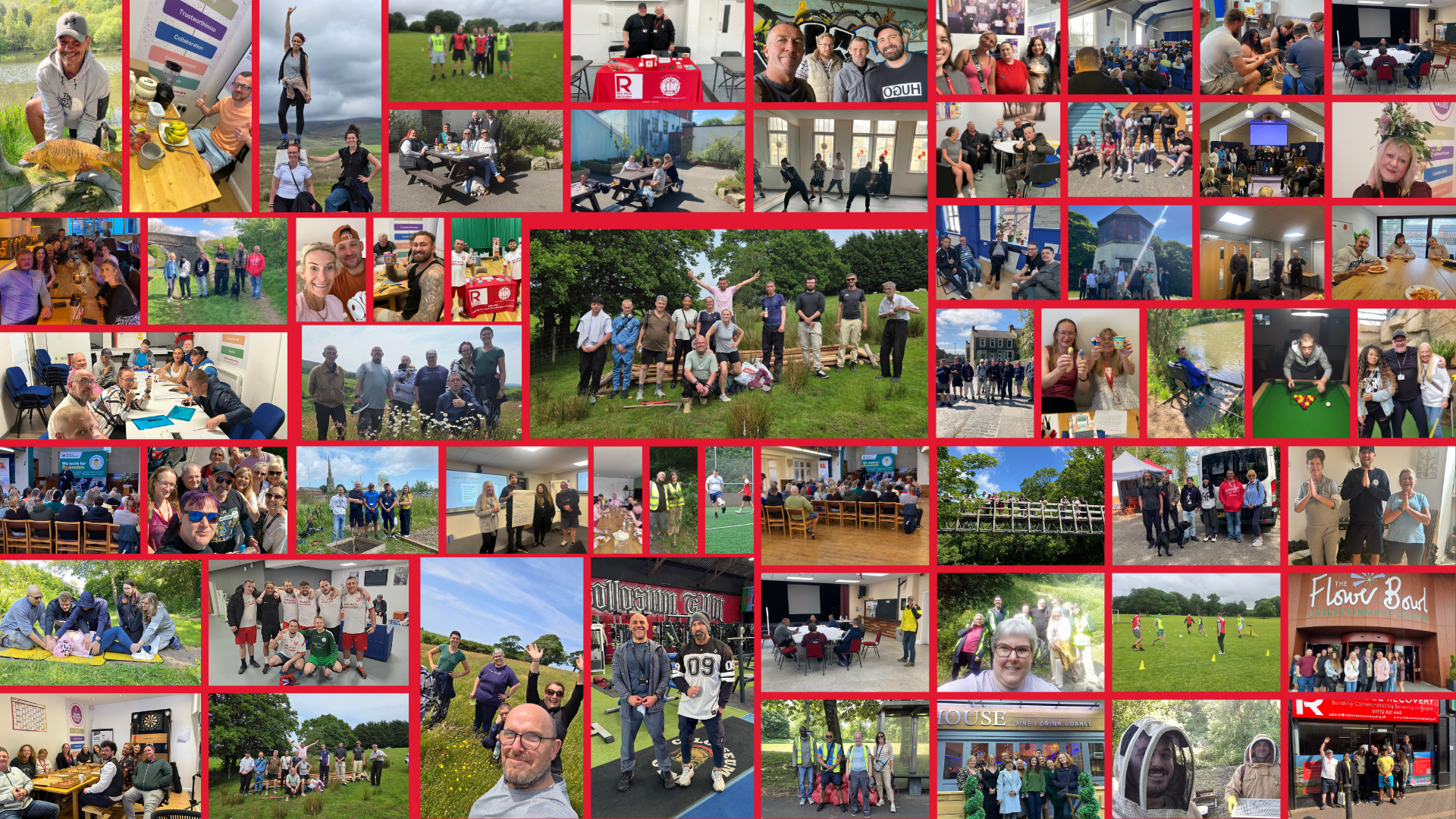
Recovery Infrastructure Organisation
Lancashire county council
Red Rose are commissioned by Lancashire County Council’s Public Health Team to deliver a Recovery Infrastructure Organisation (RIO).
For us this means that we:
- Demonstrate visible recovery, and the various routes to this.
- Build and maintain a vibrant recovery community in Lancashire.
- Provide groups, projects, community events and volunteering opportunities for people in recovery to participate in.
- Support the Lancashire User Forum to provide service users in Lancashire a voice and use this to influence service design, to celebrate recovery, to educate the community and to reduce stigma.
- To manage the Building Recovery in Communities (BRiC) fund to enable projects, for and/or supporting those in recovery to bid for public funds to kickstart their business.
In 2024-25 we had…
Referrals in
Community Projects
Hard Outcomes, such as improved access to family, reduced substance intake, employment opportunities
attendances at our groups, Projects & Events
Red Rose Recovery’s partnership with Lancashire County Council has yielded remarkable results over the past year, demonstrating the profound impact of our collaborative efforts. Through our role as a Recovery Infrastructure Organisation, we have delivered 3,136 group sessions and facilitated 28,295 attendances, showcasing the extensive reach and engagement of our activities.
Our innovative approach has proven to be highly cost-effective, returning £11 for every £1 spent on group delivery and attendances, and £22 for every £1 invested in reducing substance misuse within our communities. These impressive figures underscore our commitment to creating lasting, positive change in Lancashire.
What a Year of Growth, Connection and Hope at Red Rose Recovery
It has been another remarkable year across Lancashire for Red Rose Recovery. The spirit of community, compassion and transformation has continued to shine through in everything we do. From group sessions to major events, peer support to public outreach, our work has made a meaningful difference to thousands of lives.
Expanding Our Reach and Strengthening Our Community
This year has seen our organisation grow stronger than ever. With more groups, volunteers and community partnerships than before, we’ve expanded our reach and continued to break down barriers for people in recovery. Our volunteer-led model continues to be a driving force behind our success, with passionate individuals leading sessions, mentoring peers and helping shape the future of the service.
The introduction of new structured programmes like ROAR (Risk of Addiction and Relapse) and LIFE has given beneficiaries new tools for understanding their recovery journeys and developing confidence, stability and purpose. At the same time, longstanding favourites like Here and Now, 5 Ways to Wellbeing and Comfort Zone continue to be vital spaces for connection and personal growth.
A Rich and Varied Group Offer
The groups running across our North, Central and East localities reflect the diversity of our community and the creativity of our approach. Popular weekly offerings like No Excuses Boxing, Dance Fitness and Mindful Movement support physical and emotional wellbeing. Community Café mornings and Funday Monday bingo create space for lightness and laughter. Warrior Women and Reach Out for Men continue to provide safe, supportive spaces for people to share, connect and be heard.
We have also grown our offer through new additions including fishing sessions focused on mental health, gardening clubs like Garden and Grow, creative sessions like Get Crafty and music-based therapy and quiz nights through our digital support offer. These groups not only provide therapeutic value, they help people build routine, friendships and confidence.
Bringing People Together Through Events
This year has been filled with powerful events that have brought people together, celebrated recovery and created opportunities for growth and learning. The annual LUF Stock campout remains a favourite, offering families in recovery a chance to bond in nature and celebrate the journey together. Our Lancashire User Forums have been bigger than ever, with local services, public health teams and lived experience voices sharing space and ideas.
There were moments of challenge too, but even these became opportunities to show the strength of our community. When we cancelled a major event to support a volunteer’s funeral, it showed the depth of care that runs through Red Rose Recovery. And from Halloween parties to Christmas celebrations, every moment has been about building joy, connection and a sense of belonging.
We’ve also continued to build lasting partnerships with universities, social care teams, local authorities and third sector providers. Staff have delivered guest lectures, co-produced modules on addiction and recovery, and helped shape how professionals across the region understand the experience of lived recovery.
Support that Reaches Further
We’ve been there for people through every season and every challenge. Our food parcels, toy drives and Christmas hampers supported families during the festive period. Drop-ins and outreach have continued throughout the year, reaching those on the margins and offering support with compassion and consistency.
Thanks to the hard work of our teams, Red Rose Recovery has been visible in town centres, train stations, community events and even boxing rings. From the Three Peaks Challenge to strongman competitions, our beneficiaries have shown what’s possible with belief, support and purpose.
Training, Volunteering and the Power of Lived Experience
This year saw 100’s of people receive in-person training across a range of topics including trauma-informed care, drug awareness and peer facilitation. Our volunteers continue to be the heart of our work, many progressing from group attendees to group leaders and even into paid employment.
We are incredibly proud of the peer-led culture we’ve built. From delivering training in prisons to running sessions for local councils, our lived experience continues to guide everything we do.
Looking Ahead
The last year has been one of real impact, real learning and real growth. We’ve celebrated lives turned around, families reunited, new friendships formed and communities strengthened. We’ve delivered consistent support in ways that feel meaningful and human, always led by the people we serve.
We are proud of what we have achieved together and excited for what lies ahead. Red Rose Recovery remains a place where recovery is not only possible but celebrated, shared and lived every single day.
Mindfulness Movement and Meditation Group, 2024
I wanted to express my sincere gratitude to Red Rose Recovery and facilitator Claire for offering the mindfulness movement and meditation classes.
As a support worker for clients with varying learning difficulties and mental health challenges, I’ve witnessed the immense benefit these classes have provided. Two of my residents, in particular, reported feeling significantly more confident and relaxed after participating.
The class structure is well-organized and engaging, thanks in part to Claire’s cheerful and approachable personality. My residents eagerly look forward to Red Rose’s classes, and they truly appreciate the inclusive and supportive community atmosphere.
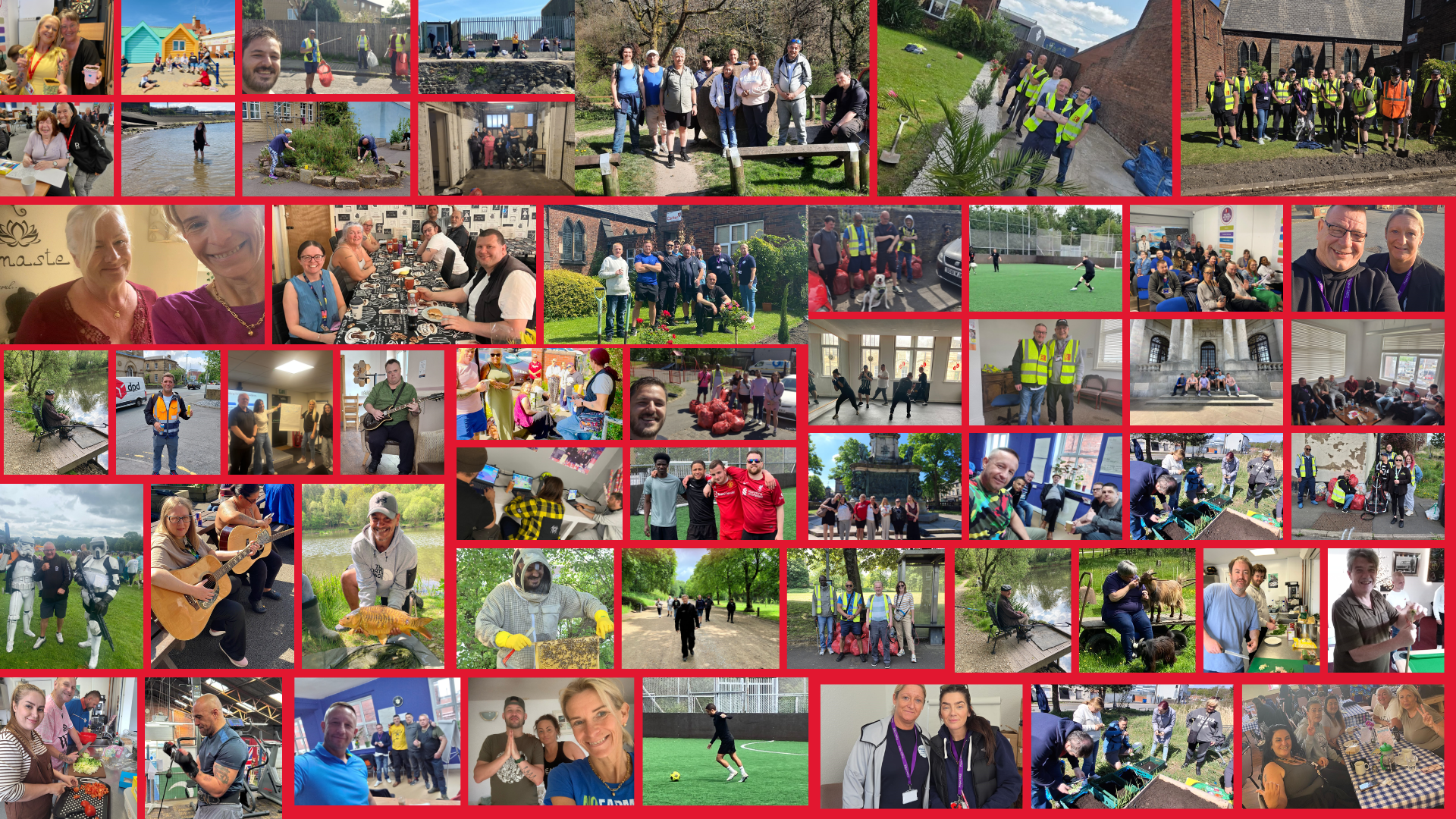
The Lancashire user forum
The Lancashire User Forum was originally set up in 2006 and is a county wide group for individuals, family, friends and carers who have been affected by addiction. In its infancy it was made up of a handful of service users supporting each other. Now the LUF is made up and led by service users supported by their friends, families and RRR locality workers. This gives the service users a voice in how recovery should be accessible and what is best practice. Through action and attraction it has now become the largest user forum in the UK that regularly attracts interest on an a national level from a diverse range of individuals and services who have visited one of our forums.
The Lancashire User Forum continues to draw huge crowds, seeing upwards of 200 people attending on multiple occasions throughout this year.

Hope at the Heart of Preston
One of the year’s early highlights was a powerful Lancashire User Forum in Preston. More than 120 people came together to celebrate recovery, share stories and build connections. Services like Inspire, SafeNet, Andy Man’s Club and Lancashire LGBTQ+ were present, alongside powerful voices of lived experience. The event brought a real sense of unity, showing what is possible when people come together to support one another.
LUFSTOCK: Recovery Under the Stars
LUFSTOCK returned with all the energy and warmth we have come to expect. Families and individuals gathered for a weekend of shared recovery, surrounded by nature. There was a full itinerary of activities including a sports day, boxing bootcamp, mindful movement, karaoke and cake decorating. The campout was more than just fun. It was a space where people could connect, grow and heal together in an environment that felt safe and full of hope.
Accrington Town Hall Comes Alive
In November, the East locality hosted a vibrant LUF at Accrington Town Hall. With the support of the Mayor of Hyndburn, who generously offered the venue, more than 200 people attended. The event was packed with life stories, guest speakers and stalls from organisations including No Excuses Gym, Elisha House and NHS Health and Wellbeing. It was a day filled with connection, compassion and community spirit.
Bringing People Together in Lancaster
The North locality’s LUF in Lancaster welcomed over 100 people and provided a warm, welcoming space to share and learn. The event included talks from services, workshops and inspiring lived experience stories. Once again, the power of community and peer support took centre stage, with attendees leaving uplifted and more connected.
A Festive Finale in Central
To close the year, the Central team hosted a Christmas LUF that brought more than 130 people together. The day included stalls from local services, moments of reflection and plenty of celebration. Volunteers were recognised for their contributions, receiving their Speaker Bootcamp accreditations and Wings, a symbol of how much they have grown and given back over the year.
A Year of Celebration, Connection and Progress
Each LUF this year has been a celebration of what recovery can look like when it is visible, inclusive and supported. These events have shown us again and again that recovery is not just possible, it is thriving. They have created spaces where people feel valued, where partnerships grow and where hope becomes action. As we look ahead, we are excited to continue this tradition of bringing people together in powerful and lasting ways.

Throughout 2024/25, we had over…
People attending the Lancashire User Forum, from a wide range of backgrounds.

Community Asset Funding
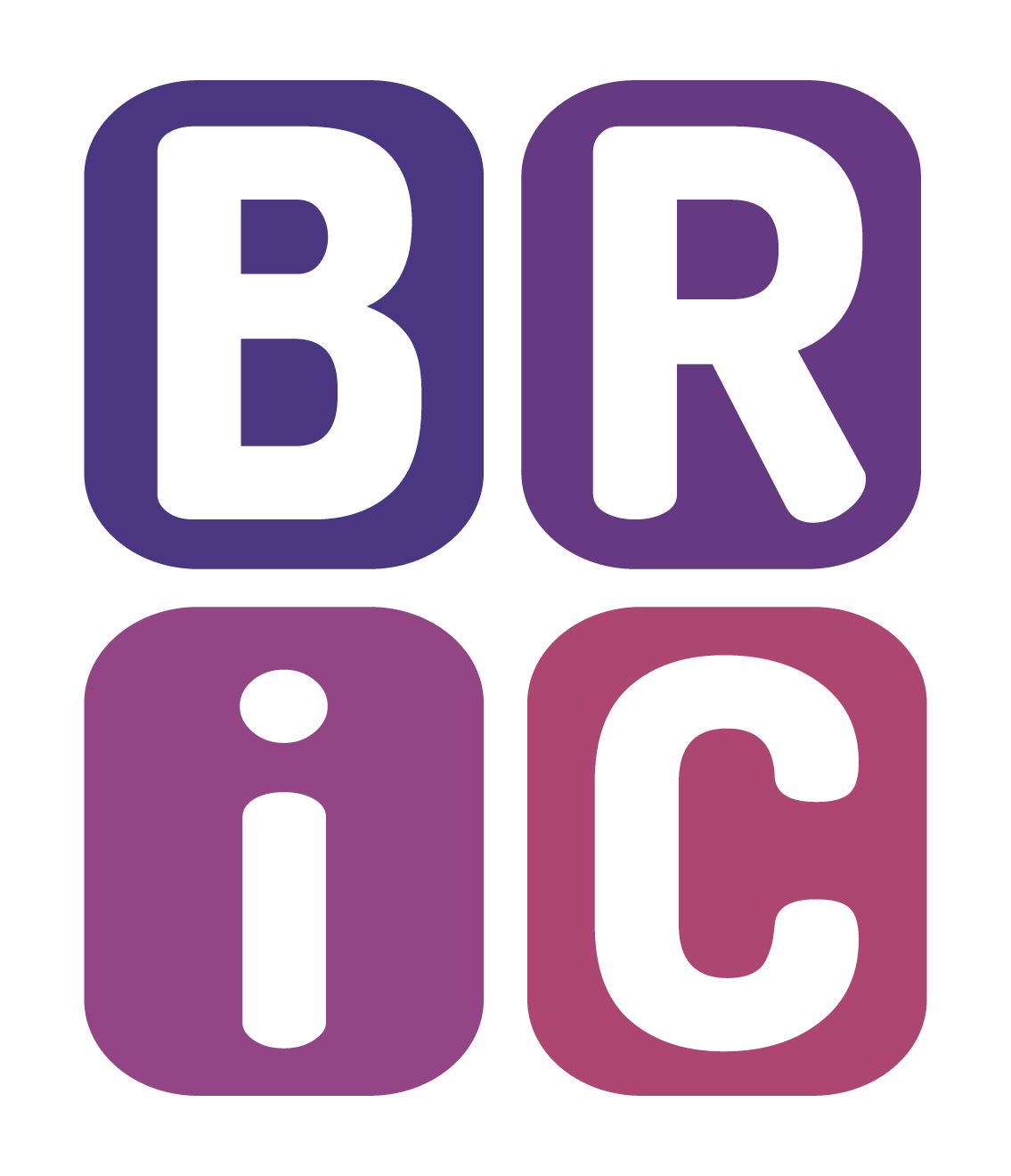
Building Recovery in Communities (Bric)
The Building Recovery in Communities (BRiC) Fund managed by Red Rose Recovery, is a community asset fund providing grants across the 12 district authorities of Lancashire to social enterprises, organisations and community projects supporting individuals and their families in recovery from substance misuse.
Awards of up to £4999 are available alongside Stepping Stone grants of £1000 to help a wide range of projects which have been inspired by the recovery community.
In 2024/25, there were…
Applications received for BRIC funding
Successful Applicants who passed the interview stages to receive their funding
£'s Given in funding to help start & support community projects & organisations
Stepping Stones
Stepping Stones provides funding of up to £1000 to support local projects which benefit the recovery and wider community.
The introduction of the funding was in response to feedback from members who felt being able to access smaller grants with a simplified process compared to the main BRiC programme, would really help projects which otherwise might not be able to get funding and provide access to a diverse range of peer led activities for the community.
In 2024/25, there were…
Applications received for Stepping Stones funding
Successful Applicants who passed the interview stages to receive their Stepping Stones funding
£'s Given in funding to help start & support community projects & organisations with Stepping Stones
Introducing the Social Impact Fund: Building Spaces for Wellbeing
This year also marked the launch of our Social Impact Fund, a bold new initiative designed to further strengthen the communities we serve by investing in infrastructure for wellbeing and recovery.
Developed from our success in managing the BRiC and Stepping Stones funding programmes, and grounded in over a decade of grassroots engagement, the Social Impact Fund represents a significant step forward. Uniquely funded by Red Rose Recovery itself, this initiative reflects our deep commitment to empowering recovery-ready communities across Lancashire.
The fund offers awards of up to £1,500 to individuals and groups across Lancashire’s twelve boroughs. But this fund is more than just financial support—it provides dedicated staff support to help applicants build their vision. Whether it’s guidance in business development, forging partnerships, or connecting with private and charitable sector organisations, we aim to help turn good ideas into lasting community spaces.
Designed to support infrastructure projects that promote recovery and wellbeing, the Social Impact Fund invites innovative, grassroots ideas for creating places where people can connect, heal, and grow. Although data on funded projects will feature in our next review, we’re proud to highlight the fund’s launch and its mission to create a deeper, longer-term impact in the communities we care so deeply about.
Some of the successful community asset funding applicants this year included…
Bee Adventures received £4,941 to deliver outdoor adventure experiences across East Lancashire. The funding will support a year of wellbeing-focused activities, including guided walks and nature-based challenges designed to improve mental health, build confidence and reduce isolation.
This new award follows on from a previous grant and ensures the continuation of a project that has already proven successful. The first trip is scheduled for late January, with further outings planned throughout the year. With strong experience delivering high-quality activities, Ryan is well prepared to offer participants a meaningful and engaging way to connect with nature, each other and themselves.
Kelly Hardman was awarded £179.26 to provide a Christmas dinner for residents at Bright Start Recovery Home in Central Lancashire. With the funding, she prepared a full festive meal for 30 residents, managing to source five turkeys and creating a warm, inclusive celebration for all.
The event brought people together in a powerful way. Residents who might otherwise have spent the day in isolation came together, shared a meal and formed new connections. Inspired by the experience, they even took it upon themselves to cook the leftovers on Christmas Day, something they wouldn’t have done without Kelly’s lead. She described it as the best thing she’s ever done, and the impact on the residents was clear; food, community and care coming together to create a moment of real recovery in action.
Rob Moss and Rammy Men CIC were awarded £4,500 to support their work at the community hub in Rossendale. The funding has had a significant impact, enabling the team to expand their recovery support services at a time when demand is high and fundraising for this area remains challenging.
Thanks to the grant, they’ve been able to bring in more counsellors, create new training placements, and strengthen their overall recovery offer. The funding helped cover essential running costs that are often overlooked by traditional grant-makers, allowing the organisation to stay focused on what it does best, supporting men in recovery and creating a safe, consistent space for connection and growth.
Tracey Murphy received £1,000 through Stepping Stones funding to support the launch of her salon and jewellery business in Rossendale. Starting out by selling handcrafted jewellery at local markets, Tracey has now drawn on her original training in hairdressing to open a fully operational salon in Rawtenstall.
The funding allowed her to purchase essential equipment and stock, enabling her to offer hair and nail services alongside jewellery and watch sales and repairs. Her new business is not only a source of income, but also a space of pride and purpose, helping her to stay active, connected and focused on her recovery.
Tracey’s journey is a powerful example of how small investments can reignite forgotten skills, build confidence and open the door to independence. She continues to stay in touch with local support networks and is looking ahead to further training opportunities. In her own words, “sometimes we just need kindness and some financial assistance and advice to start afresh”.
Mental Health Services
We are commissioned to deliver several Mental Health based contracts throughout Lancashire & South Cumbria, which includes, amongst others, Mental Health Peer Support, Long-Covid, Dual Diagnosis, Initial Response and Harm Reduction Support Services.
OUR MENTAL HEALTH CONTRACTS IN A NUTSHELL…
MENTAL HEALTH PEER SUPPORT
OVERVIEW OF THE MENTAL HEALTH PEER SUPPORT CONTRACT
We were proud to retain the PSW contract across all existing areas and to expand into Fylde and Blackburn with Darwen. Now delivered in partnership with AIF and Acorn under the Calico-led Zest partnership, this contract supports hundreds of people living with mental health conditions to build resilience, confidence and connection.
With four new team leaders and 28 dedicated staff members across the patch, our teams provide one-to-one support, facilitate community-based groups, and act as vital links between statutory services and the community. PSWs attend transformation meetings, operational meetings, and Enhanced Multi-Disciplinary Team (EMDT) meetings weekly, ensuring joined-up care is always at the heart of what we do.
Highlights this year included the introduction of a new music therapy group in East Lancashire, detox support resulting in sobriety milestones, and clients successfully moving into employment, volunteering, or reconnecting with local services and networks. In Cumbria, the service continued to offer support even as referrals were paused due to staffing changes, with clients expressing deep gratitude for the positive emotional impact of our group work and relationship.
Physical Health Checks for People with SMI
New this year, this contract supports individuals with Serious Mental Illness (SMI) to access their physical health checks. While in the North this work is delivered by existing PSWs, dedicated staff have been appointed in East Lancashire and Blackburn with Darwen to lead this important initiative. This work is bridging the gap between physical and mental health, ensuring that vulnerable people receive the care they need without stigma or complication.
Long Covid Service
Our Long Covid service was extended until March 2025, before being decommissioned due to funding changes. During its operation, the team offered personalised, trauma-informed support to those dealing with the long-term effects of Covid-19. Clients were supported with tailored action plans, emotional support, and helped to access benefits, healthcare, and community groups.
Immediate Response Service (IRS)
The IRS contract in East Lancashire provided rapid-response support to individuals experiencing short-term mental health crises. Staff offered practical help with housing, domestic abuse, addiction, and community reintegration. While the service was highly valued and widely used, it is set to close due to funding restrictions. Importantly, staff members will remain with us through redeployment into the PSW team under Zest.
Dual Diagnosis Workers
We secured funding to continue employing three Dual Diagnosis Workers, one in each locality, who provide one-to-one support for individuals with both mental health issues and substance misuse. These workers also run groups that offer safe spaces for open conversation, recovery planning, and peer connection.
Across all contracts, we’ve seen countless examples of transformation and progress. From detox completions and sobriety milestones, to meaningful testimonials from NHS colleagues and clients, the Red Rose Recovery mental health services continue to build lives of hope, resilience and connection. We’re proud of the partnerships we’ve nurtured, the dedication of our staff, and the trust we’ve earned in communities across Lancashire and Cumbria.
BENEFICIARY, LONG COVID SUPPORT, 2024
From a service user’s perspective, I wanted to share just how much Red Rose Recovery has meant to us.
The support we’ve received has been thoughtful, compassionate and deeply impactful. One example is the creation of a group for people living with Long Covid. This space has become a cornerstone of our personal recovery, offering connection, understanding and a chance to share our experiences in a way that feels safe and meaningful.
The way the group is run reflects everything that makes Red Rose special. There is no fanfare, just quiet attentiveness and genuine care. Everyone is made to feel welcome, listened to and included. It is clear that the team always keeps an eye on how people are feeling, making space for everyone to be heard without ever putting anyone on the spot.
Even when changes within the team took place, Red Rose ensured continuity and calm. New staff were brought in with care and understanding, and the support never faltered. This was especially important given that Long Covid is still a condition the world is only beginning to understand.
What Red Rose Recovery has built goes beyond group sessions. Through their encouragement and support, they have helped us form a strong network of friendships that will continue long into the future. We have each other now, and that is a gift.
I feel incredibly fortunate to have been part of this, and I am so thankful for the care and commitment that has been shown to us throughout our journey.
Case Study: A Life Reclaimed
When I first began supporting this individual, they had just been discharged from hospital following a suicide attempt. Their self-esteem was at rock bottom, isolated from family and friends, emotionally broken, and overwhelmed by depression and fear. They had been drinking heavily, withdrawing repeatedly, and felt trapped by the stigma associated with their professional background. Attending groups or GP appointments felt impossible, so we began with weekly one to one home visits.
From the outset, we focused on building trust and stability. I supported them through a referral to substance misuse services, attended appointments together, and ensured access to medical assessments and craving medication. Over the course of six months, there were signs of improvement, but also moments of deep vulnerability. They disclosed suicidal thoughts and ongoing domestic abuse, including emotional control, financial restriction, and a recent physical assault. Although they chose not to involve the police, we quickly arranged support through domestic abuse services, mental health teams, and their GP.
With wraparound care in place, their confidence began to grow. They started re-engaging with family and friends, joined the gym with their son, and even tried paddleboarding with a partner. Physical health issues, particularly back pain, had been a barrier to wellbeing, but after encouragement to seek treatment, even that began to improve. They returned to work gradually, finding that it strengthened their mental health, and together we explored healthier coping strategies and worked through difficult emotions. Eventually, they felt ready to attend peer support groups.
Unfortunately, after a short break over the festive period, there was a setback. They relapsed, stopped taking medication, and went five days without eating. When I contacted them, they confided that even water made them sick and that they had started vomiting blood. Despite the severity of their condition, they were reluctant to seek medical help, feeling ashamed because of their profession and past hospital experiences.
With their consent, I contacted their GP surgery. Although access was initially restricted due to confidentiality protocols, I persisted and was able to arrange an urgent appointment. When they still felt unable to attend, we escalated the matter. Eventually, with the help of their GP, they were persuaded to go to A and E. It was a life saving intervention. They were diagnosed with an internal bleed and completed a full detox in hospital.
Today, they are over 20 days abstinent and thriving. We continue to meet weekly, and they remain connected with support services and are on the waiting list for residential rehabilitation if needed. Their strength, honesty, and willingness to keep going have been nothing short of inspiring.
Case Study: A Life Saved Through Compassion and Persistence
One of our volunteers reached out to me, explaining she had met someone in crisis who needed help urgently. That same day, a man walked into our hub looking broken and afraid. With gentle curiosity, I listened as he explained that he had tried to take his life the night before in a hotel room. He had stopped himself, saying that although he wanted to live, he could no longer cope without his ADHD medication. He had lost it two weeks earlier while sleeping rough.
He had tried every route he could think of. He had phoned 111, who told him they could not help due to the type of medication. His GP also said they could not assist. Feeling hopeless, depressed and exhausted from life on the streets, he had almost given up.
He explained that he knew I probably could not help, but this was his last hope. I told him we would do everything we could. Together we contacted the mental health team, but they said they could not help unless he had a referral through the crisis line. I then contacted his GP surgery, who told me that if he could get to their Morecambe branch within the hour, they might be able to help.
He looked devastated. He had no money, no transport, no energy left. I offered to drive him there and took a volunteer with me for support. When we arrived, the man became overwhelmed and emotional, struggling to speak with the receptionist. I gently encouraged him to step outside while I explained the situation. I told the receptionist that he was at serious risk and that without help, he might not make it through the day. She took it seriously and called around. Within minutes, a doctor was on their way to approve the prescription, and we were told we could collect it from a pharmacy within the hour.
When I broke the news, he cried and said, “I can’t believe it’s over. You’ve saved my life.” We picked up the medication and brought him back to the hub. That week, he came in every day, joined groups, and began to reconnect with people. He even brought a plant for the space with a handwritten thank you note.
This story is a reminder that sometimes, all someone needs is a person willing to go the extra mile. Without that support, he may not have made it. With it, he found hope, connection, and a reason to keep going.
Service User, 2024
I want to take a moment to express my appreciation for the support my partner received from Red Rose Recovery.
Yesterday was a significant step forward in her journey. With the guidance and presence of a member of your team, she was able to attend court and take important steps toward regaining contact with her children. It was a positive and emotional moment, made possible by the calm and consistent support she received throughout the day.
There was a real sense of compassion and commitment from your team. As someone who accompanied them and waited outside, I saw firsthand the care and effort that went into helping her through such a difficult and important process. It was clear how much of a difference this support made, not just practically, but emotionally as well.
Red Rose Recovery continues to show what it means to truly walk alongside people. Your team members are making a lasting impact, and this is just one example of how their presence and encouragement can change lives.
Please know how valued this support has been. We are both deeply grateful.
Liaison & Diversion and RECONNECT
Criminal Justice Work
Almost half of the people using probation services have a drug and/or alcohol misuse need (HMIP, 2021).
Substance use interventions are vital given that drug-related deaths have increased by 80% since 2012, and the harms from drug misuse cost £19.3 billion per year (DHSC, 2021)
Over the past year, our criminal justice programme has made a substantial impact in supporting 176 individuals in their efforts to reduce re-offending, providing an economic benefit of £14 for every £1 spent.
Through a multifaceted approach that combines personalised interventions, comprehensive support services, and ongoing engagement, we have successfully contributed to significant behavioural and lifestyle changes among participants.
Criminal Justice: Sustained Support from Custody to Community
Our Criminal Justice team continues to play a vital role in supporting individuals involved in the justice system across Lancashire and Cumbria. With a well-established and trusted presence across the region, we operate consistently in nine police custody suites, six prisons, and directly within local communities.
Working in close collaboration with the probation service, NHS teams (including Liaison and Diversion and Reconnect), forensic mental health services, community policing teams, integrated offender management officers, and local authorities, our approach is deeply embedded within the wider support system. This integrated model allows us to deliver a seamless journey of care, from the point of arrest, through incarceration, and on into community reintegration.
Our tailored interventions are designed to break cycles of offending and build pathways to meaningful recovery. These include risk reduction strategies, group-based support, mental health and wellbeing sessions, one-to-one peer support, and access to recovery-focused resources. Every interaction is shaped by compassion, lived experience, and a belief in people’s ability to change.
A core element of our offer is the Liaison and Diversion service, delivered in partnership with the NHS. Our Peer Support Workers — many of whom have direct lived experience of the justice system — are permanently embedded within custody suites, providing practical support, empathy, and a vital connection to community-based services. Their presence often provides the first moment of trust and possibility for vulnerable detainees.
We also continue to play a key role in the Reconnect service, supporting individuals before and after release across six prisons. This service helps to identify unmet needs, coordinate support, and improve outcomes by ensuring that high-risk individuals do not fall through the gaps at the crucial point of transition. Whether helping to access housing, health care, recovery support or basic essentials, the team’s role is instrumental in reducing reoffending and promoting long-term stability.
By maintaining strong partnerships and a deeply person-centred approach, our Criminal Justice work remains a critical part of our wider mission — helping individuals to turn difficult pasts into positive futures.

changing futures
What is Changing Futures?
Changing Futures is a national initiative led by the Department for Levelling Up, Housing and Communities, created to improve outcomes for adults facing multiple disadvantage, including homelessness, substance misuse, mental ill health, and contact with the criminal justice system. With a £64 million investment over three years, the programme was designed not just to support individuals, but to drive long-term, systemic change across local services.
Changing Futures: Rebuilding Trust, Transforming Lives
In Lancashire, Red Rose Recovery plays a pivotal role in this work. Our teams in both Central and East Lancashire are made up of Navigators, Associate Navigators, and Peer Mentors, all of whom bring lived experience to the table. Their job is to walk alongside some of the most marginalised people in our communities, offering not only support but a genuine connection that helps to rebuild trust in services that may have failed them in the past.
Our staff work intensively with each beneficiary over a 12-month period, using a trauma-informed and person-centred approach. This style of engagement creates space for people to be heard, understood, and supported on their own terms. Navigators act as advocates, connectors and trusted companions, guiding people through complex systems and making sure their voices are not just included, but central to their recovery journey.
The results have been remarkable. Many individuals who had previously been written off or disengaged from services have shown significant progress through Changing Futures. Where other systems have struggled to make an impact, our team’s compassion, consistency, and credibility have opened new doors and changed lives.
As a learning pilot, Changing Futures is also shaping the way services collaborate across Lancashire. Through shared learning and cross-sector engagement, we’re contributing to a new way of working, one that sees people for who they are, not just the problems they face.
This is change that starts with trust, and Red Rose Recovery is proud to be part of it.
Service User, 2024
Seeing Vish at Red Rose Recovery has helped me get out of the house in a period of isolation and allowed me to set positive goals to try to help me reach a more comfortable position in life where I can work on deep rooted depression. She is very friendly and listens to what I have to say. Our meetings so far have been very positive.
New You
Introduction and Focus
The New You programme focuses on identifying people who are not yet known to CGL services, raising awareness of the support available, and ensuring they are referred into treatment in a way that sustains engagement. Throughout 2024 to 2025, the team has refined its approach through evaluation, reflective practice and continuous staff training. By setting small and achievable goals, the team has become a confident, consistent and high-performing service that is now achieving all contractual targets each quarter.
Referrals and Outreach
Between April 2024 and April 2025, New You referred 95 individuals into CGL services and supported 230 Assertive Outreach requests. From April to August 2025, the team has already made a further 85 referrals and responded to 170 Assertive Outreach requests. This demonstrates significant growth in both volume and efficiency, showing that the improvements made over the past year are continuing to produce results.
Service Expansion and Development
Originally launched as a centralised team of engagers, New You expanded this year to include a second team in the East, allowing for wider coverage and more regular presence across Lancashire. Relationships have been built with staff in all ten CGL hubs, with weekly on-site engagement now in place to support those who are harder to reach.
A key development has been the adoption of the COM-B behaviour change framework, which helps staff identify and address barriers to engagement such as mental or physical health issues, low awareness, poor mobility or challenges with service accessibility. This personalised and psychologically informed approach has improved both service user outcomes and internal confidence among partner teams.
Family Matters Service
The Family Matters element of New You has continued to grow. Over the year, 183 groups were delivered both online and face to face. These groups supported over 2,100 individual interactions, providing a safe space for families affected by someone else’s substance use. The service remains an essential part of the programme, offering emotional support, peer understanding and access to other relevant pathways.
Pathways and Harm Reduction
The role of the engagers has evolved to include practical support at every stage of the referral and engagement process. Staff now ensure that individuals have clear information about their assigned keyworker, triage dates and next steps, offering direct support into treatment. Harm reduction remains central to the work, with staff carrying naloxone kits, test packs and providing active signposting into wider health and social care systems.
Collaboration and Partnership Working
New You has deepened its partnerships with a wide range of organisations over the past year. These include SafeNet, Offload, Stepping Stones, Social Services, mental health charities and Benefit Mankind. These collaborations have helped the team deliver more community-based interventions and extend the reach of recovery into new settings.
Staffing and Progress
There were four staff changes across the year, but replacements were secured quickly and effectively. Both the Central and East teams are now settled and continuing to benefit from structured training and ongoing experience. Staff retention and development have become a key strength of the programme.
Looking Forward
Following a year of consolidation and measurable impact, New You is set to expand again in 2026. This will enable even greater reach and improved outcomes for service users, CGL, and the broader recovery community. The service is now more confident, embedded and forward-looking than ever before — and is well placed to continue its positive trajectory into the coming year.
Training & Development
Training and Education: Sharing Knowledge, Changing Practice
This year, Red Rose Recovery continued to lead the way in education and professional development, delivering training to 783 external participants. Our sessions reached a wide range of professionals, including social workers, prison officers, doctors, nurses, and mental health staff. We also extended our reach into higher education, delivering guest lectures at both Lancaster and Chester Universities, helping to shape future professionals’ understanding of addiction, trauma and recovery.
Our approach to training remains rooted in lived experience, combining professional insight with real-life perspective. This combination has created powerful learning environments that challenge assumptions and spark lasting change.
Complex Parenting: A Lived Experience Perspective
One of our standout training packages this year was Complex Parenting, designed for professionals working with families involved in Social Services. Drawing from our frontline experience, we created a day-long session that pairs professional learning with personal stories from mothers in recovery.
Delivered with great success to Blackburn with Darwen Child and Family Services, this training aims to increase understanding of recovery pathways, generational trauma, dual diagnosis and how to support parents while maintaining family structures.
Feedback from professionals included:
“This was the most insightful training we’ve had in years. The lived experience stories had such an impact. I’ve not stopped thinking about it.”
“It’s helped me rethink how I approach support planning. I’ve adapted the questions I ask when meeting parents, and I feel much more confident now.”
Empowering the Prison Service through Trauma-Informed Practice
Our Trauma-Informed Practice training, delivered within HMP settings, received outstanding praise from prison officers. Officers shared that the training helped them understand trauma not only in those they work with, but in themselves too.
They described the training as empowering and deeply human, noting the importance of seeing the individual behind both the offence and the uniform. Many left with a renewed sense of purpose and a deeper commitment to inclusion and compassion.
This accredited course received a consistent five-star rating, with one officer commenting:
“This training has informed my practice and inspired my approach.”
Partnering with Lancashire Mind
Red Rose Recovery also worked alongside Lancashire Mind, delivering our accredited Journey to Becoming Trauma-Informed training. Staff rated the course an average 8.5 out of 10, appreciating its relevance and practicality.
The training helped deepen their understanding of trauma and improved confidence in applying trauma-informed approaches in day-to-day roles. Participants noted that it offered not only useful tools but a meaningful shift in how they view support work.
Raising Awareness on IPEDS
We also provided specialist sessions to the Early Break team in Blackburn on the subject of Image and Performance Enhancing Drugs (IPEDS). Many of the 40 attendees acknowledged they had limited prior understanding of this topic. The training gave them a strong foundation to recognise and respond to the growing impact of IPEDS in our communities.
Training remains a central part of our mission at Red Rose Recovery. We are proud not only to support our beneficiaries, but to shape the practice and understanding of the professionals who walk alongside them. Every session we deliver is a step toward a more informed, compassionate and recovery-focused system.
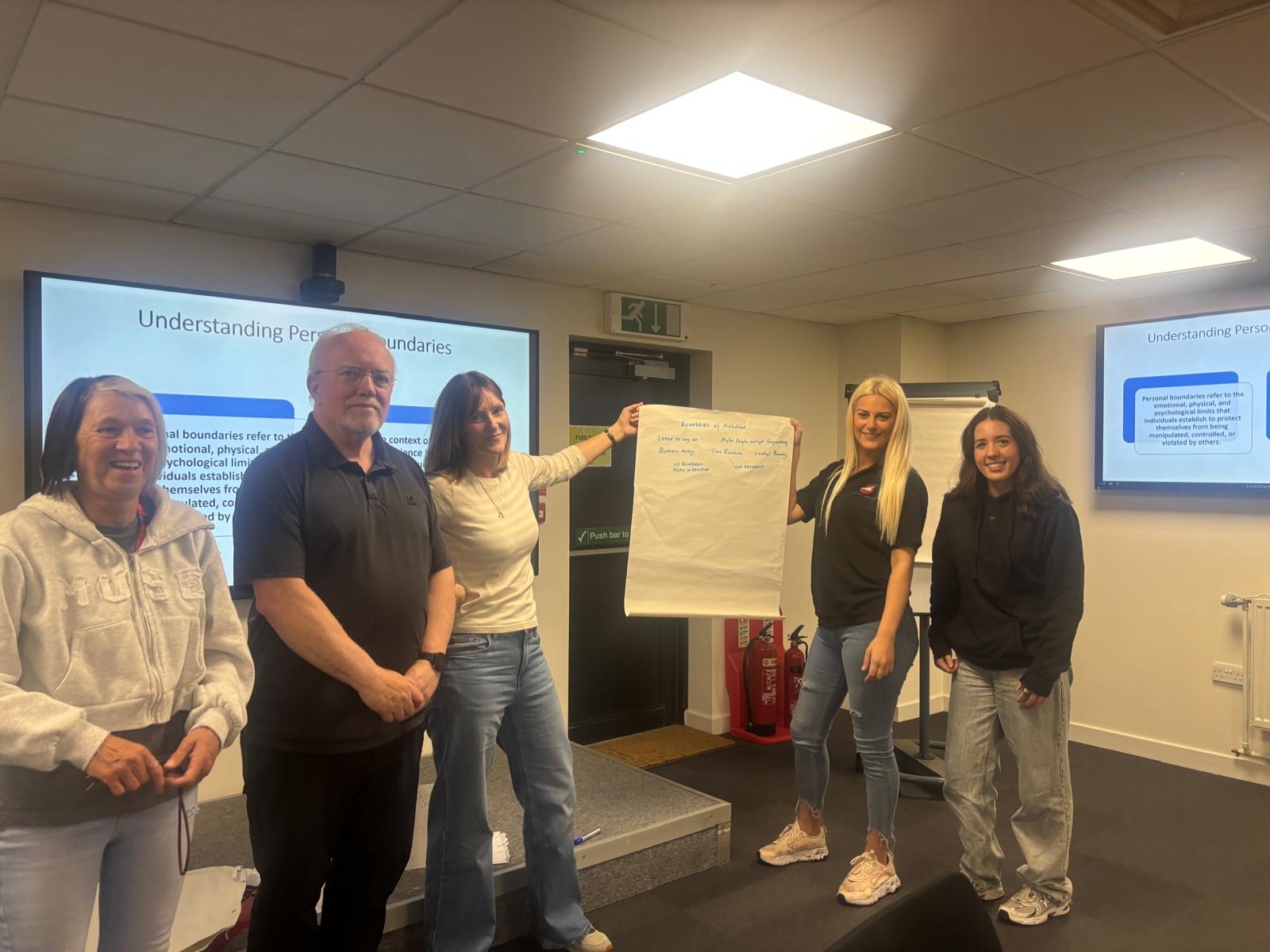
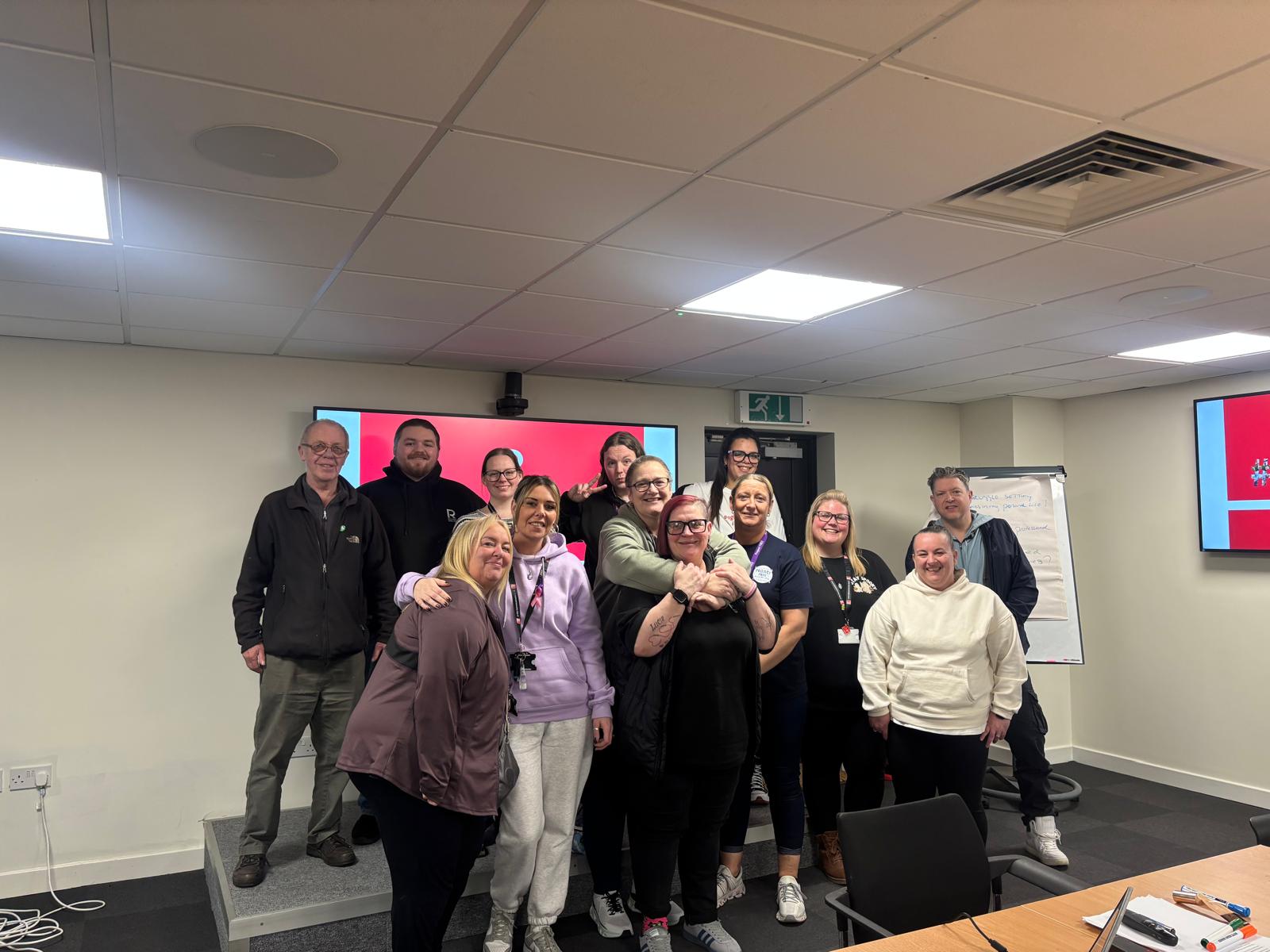
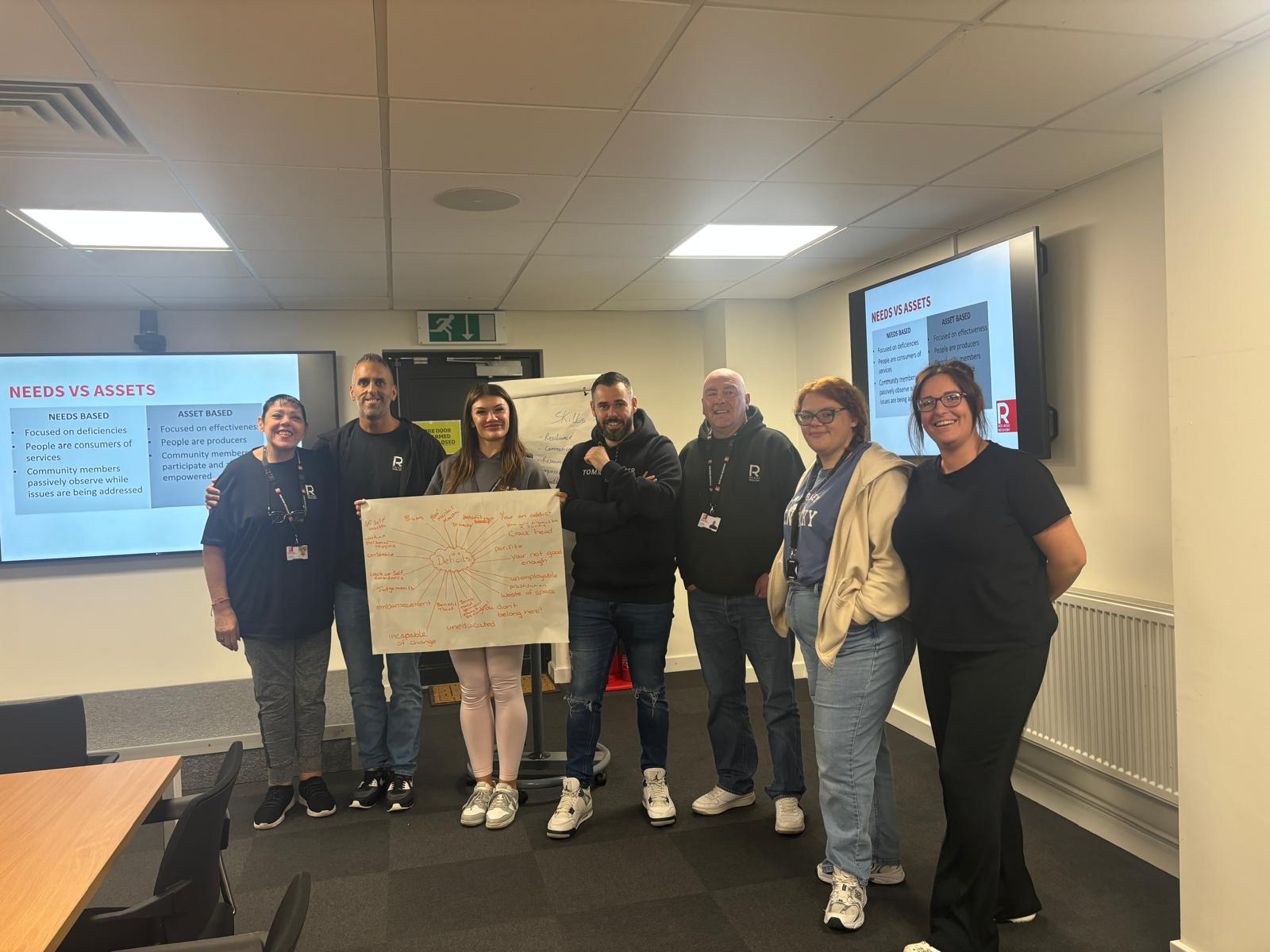
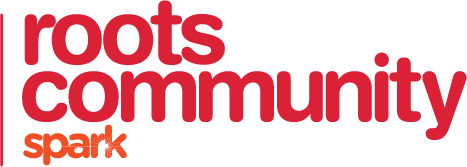

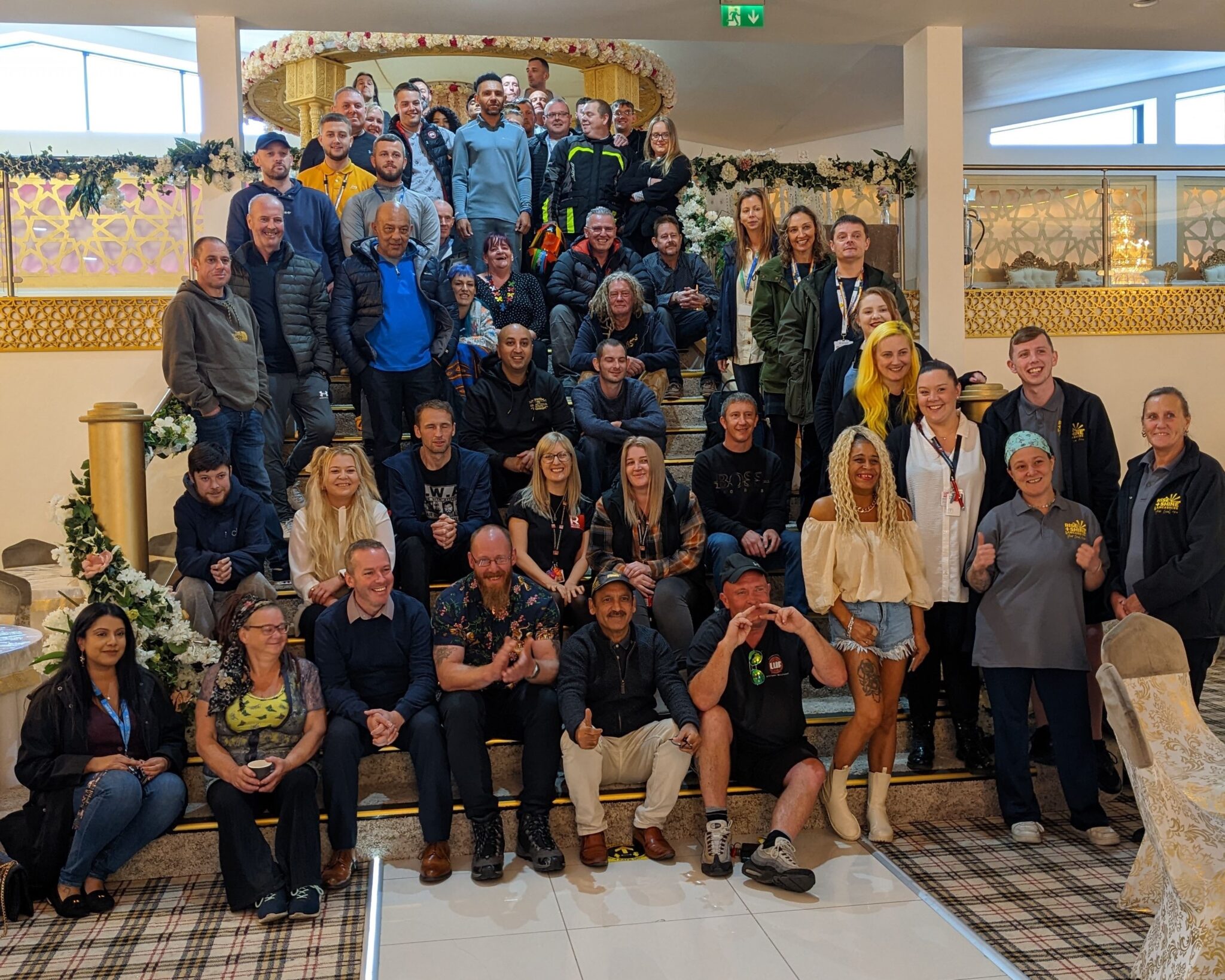
Roots Community is a forum advocating for recovery in the Blackburn-with-Darwen area. By bringing together individuals who have been affected by addiction alongside partner organisations in the recovery sector, the Community seeks to:
- empower and amplify the voices of people accessing services through the maxim ‘nothing about us without us’;
- build recovery capital through the creation of training, development, volunteering and employment opportunities;
- develop positive, practical solutions to the systemic challenges faced by Community members.
Roots Community is a sister organisation to the Lancashire User Forum, a pioneering collective which has grown since its inception in 2006 to become one of the largest forums of its kind in the UK.
Roots Community: Strength in Recovery, Leadership in Action
Roots Community has continued to grow in strength, size and impact throughout the year, becoming an increasingly powerful force for recovery, inclusion and community transformation in Blackburn with Darwen.
What began as a grassroots initiative is now a recognised, respected and evolving part of the wider recovery landscape, both locally and nationally. The commitment of our members, staff and volunteers has created a space where recovery is visible, purposeful and shared.
Building Capacity, Growing Support
This year, we expanded our team to six passionate staff members — four part-time and two full-time — bringing new energy, ideas and consistency to the work we do. With this increased capacity, we have introduced regular weekly wellbeing check-in calls, designed to identify and respond early to “warriors down” situations, while making sure every member continues to feel valued and supported.
We’ve also increased direct, on-the-ground support to help people access services like SPARK. Roots is now delivering up to 10 weekly activities, running every day of the week, creating opportunities for recovery, structure and social connection.
Meaningful Activity, Every Day
The variety and consistency of our weekly groups have made Roots a reliable anchor in people’s recovery. Activities include music, cooking, goal setting, and regular community clean-ups — giving members the tools to grow personally while also giving back. These sessions are complemented by one-off projects and seasonal events, all designed to inspire, uplift and connect.
Highlights this year included peer research workshops, collaborative naloxone training, and even festive carol singing to bring joy to local care home residents. Our activity programme continues to reflect the creativity, energy and lived experience at the heart of Roots.
Recognition and National Interest
The success of Roots has not gone unnoticed. We were proud to be nominated for the CVS Volunteer Awards in the Grassroots category, a testament to the impact of our work and the commitment of our volunteers. We’re also being approached by organisations across the UK, eager to understand how Roots was developed and how it continues to thrive. Our model of peer-led recovery is fast becoming a source of inspiration to others.
New Projects and New Energy
In the final quarter, we saw exciting new developments take shape. Four Roots members completed specialist bee-keeping training, and we’ve now begun purchasing hives and equipment to launch a community bee-keeping project. This initiative will combine therapeutic activity, environmental awareness and enterprise skills, and we’re excited about its potential.
We also welcomed three new staff members, bringing fresh ideas and new perspectives to an already vibrant and diverse team. As they settle in, we look forward to even greater innovation and reach in the year ahead.
Rooted in Recovery, Growing in Purpose
Roots Community has stayed true to its mission — to support individual recovery while empowering people to contribute, lead and connect. We continue to collaborate with partners on life-saving work like the Peer to Peer Naloxone project, while providing a steady rhythm of group activity and peer engagement that remains the heartbeat of our work.
As we move forward, Roots remains a shining example of what is possible when lived experience leads the way. Recovery is not only happening — it is thriving, and it is making Blackburn with Darwen stronger, more connected and more hopeful with each passing day.

Digital Platforms & Social Media
Building Connections Through Digital Platforms
This year, Red Rose Recovery has continued to grow and evolve across our digital channels, using online spaces to reach, support and inspire more people than ever. In a world where connection is increasingly digital, we have embraced new tools and platforms to keep our community close, even at a distance.
Reaching Further, Connecting Deeper
Our social media presence has grown significantly, with more than 18,500 followers now engaging with our work online. Across Facebook, Instagram and X (formerly Twitter), our posts and videos have reached hundreds of thousands of people, helping us to raise awareness, share stories of hope and keep recovery visible in the wider community.
These channels have become a vital part of how we stay in touch, offer encouragement and showcase the positive work happening every day across Lancashire.
Stronger Online Support and Access
Our digital groups continue to offer flexible, accessible support to those who may not be able to attend in person. Whether due to location, work, health or anxiety, more people than ever have joined us online for regular check-ins, creative sessions, and themed support groups.
The interactive group calendar on our website has been a game changer, giving individuals an easy way to find and access the sessions that suit their needs, with just a few clicks.
Stories That Inspire
Our regular newsletter continues to highlight the real stories behind the work, from community triumphs to team milestones. This year, we’ve also added new features to our blog, giving voice to people with lived experience and showcasing the work of volunteers, staff and partners. These stories bring our mission to life, showing the strength, humour and honesty at the heart of everything we do.
Looking Forward
As we continue to invest in digital engagement, our goal remains the same; to build a community where recovery is celebrated, support is always within reach, and no one feels alone. Whether it’s through a social media post, a blog story or a n online group, we’re committed to making connection possible in every way we can.
by the end of 2024/25, we had…
increased to
Followers across our social media platforms (FROM 15,503 IN 2022-23)
Reached over
people with our content on social media
engaged
times with our content on facebook
received
Visitors on our website
a total of
Hits on our website
increased to
Service user and professionals installs of our Smartphone App
our digital portfolio covers…
Followers
YouTube

Subscribers
Followers

Followers

Followers
TikTok

Followers

Followers

Members

What is North Yorkshire Connected Spaces (NYCS)…
North Yorkshire Connective Spaces (NYCS) is Red Rose Recovery’s growing recovery initiative in North Yorkshire, designed to connect individuals, build resilience, and make recovery visible in a region where support can often feel fragmented and out of reach.
NYCS provides a collective voice for the recovery community in North Yorkshire, bringing together people and groups from all walks of life to meet shared needs around wellbeing, addiction recovery, mental health and social connection. It reflects a grassroots movement where lived experience leads, relationships matter, and communities are strengthened through mutual support.
By hosting regular events and activities, NYCS creates opportunities for people to meet up, socialise, support one another, share ideas, and exchange resources. Whether through group sessions, one-to-one peer support or local partnerships, the project helps people build recovery capital; the social, emotional and practical foundations that help recovery thrive.
It is a space where connection replaces loneliness, experience becomes strength, and everyone has a seat at the table. With every group, every conversation, and every act of kindness, NYCS is helping to grow a recovery community that is inclusive, hopeful, and here to stay.

North Yorkshire Connected Spaces (NYCS): Building Recovery Through Connection
Over the past year, NYCS has continued to foster a vibrant recovery community across North Yorkshire. By bringing together individuals from diverse backgrounds, NYCS has provided a platform for mutual support, shared experiences, and collective growth.
Community Engagement and Events
NYCS has organised various events and activities aimed at strengthening community bonds and promoting recovery:
Forums and Support Groups: Regular forums have been held to discuss support options and share experiences, providing attendees with valuable information and a sense of community.
Community Clean-Up Initiatives: NYCS has led community litter picks, bringing together staff, recovering individuals, and community members to improve local environments and foster a sense of pride and collaboration.
Volunteer Engagement: The organisation has encouraged volunteer participation, highlighting the importance of community involvement in building a stronger recovery network.
Support Services
NYCS has continued to provide support services tailored to the needs of the recovery community:
Women and Toddler Groups: These groups offer a safe space for women to connect, share experiences, and support each other in their recovery journeys.
Collaboration with Local Organisations: NYCS has worked alongside local councils and recovery organisations to enhance support services and outreach efforts.
Fundraising and Community Support
To sustain and expand its initiatives, NYCS has engaged in fundraising activities:
Raffle Events: Organising raffles to raise funds, NYCS has sought community support to continue its mission of providing recovery resources and support.
Through these efforts, NYCS has reinforced its commitment to building a connected and supportive recovery community in North Yorkshire. By facilitating events, support groups, and collaborative initiatives, NYCS continues to empower individuals on their recovery journeys.

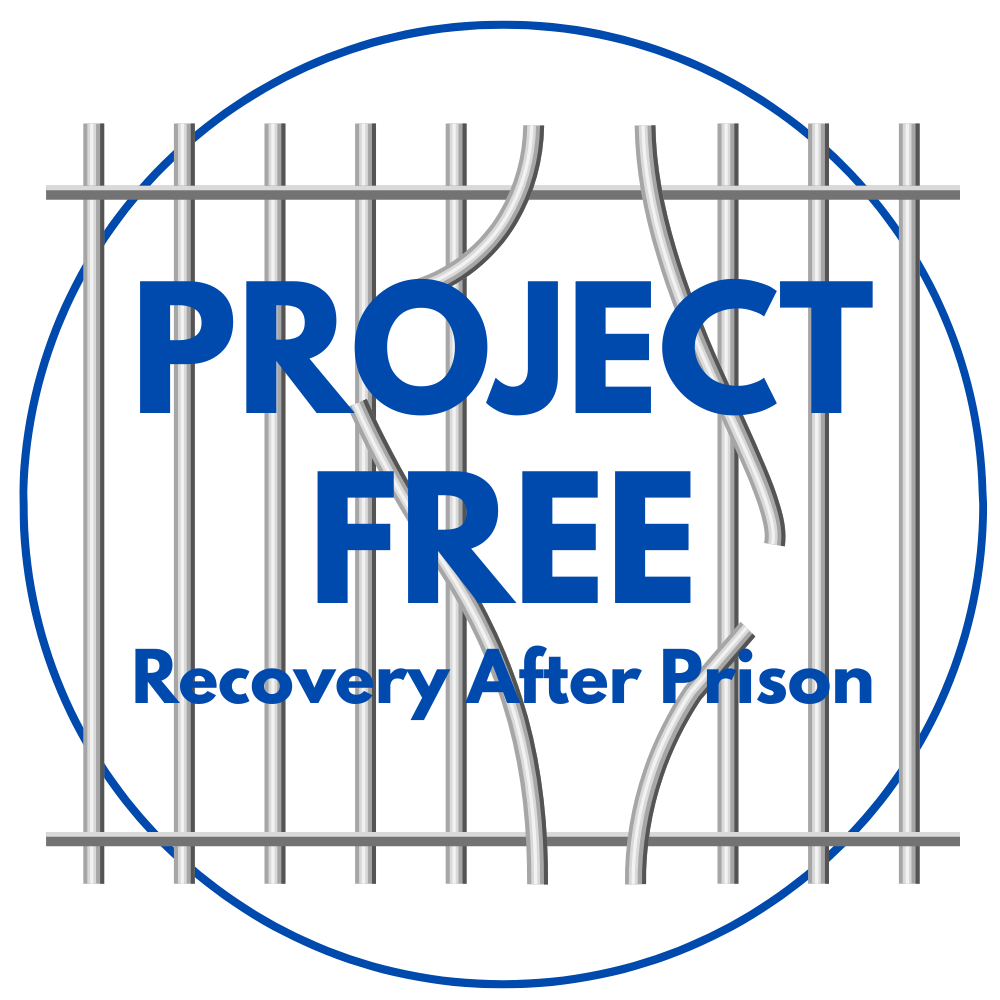
What is Project Free…
Project Free is a lived experience recovery initiative working across Greater Manchester, supporting adults with substance-related offending behaviour to rebuild their lives. The project empowers individuals to break free from addiction and criminality, using the strength of peer support and credible role models to create lasting change.
At its core, Project Free offers more than just support, it provides connection, purpose and belief. Led by a team of individuals with personal experience of both recovery and rehabilitation, the service delivers honest, empathetic support that resonates deeply with those it reaches. Through one-to-one guidance and community-based activity, the project helps people address not only substance use, but also the underlying trauma, social barriers and life circumstances that often drive offending behaviour.
By working with compassion, consistency and lived experience at the heart, Project Free is making a tangible difference in the lives of individuals, families and communities…one person, one conversation, one breakthrough at a time.

Project Free: Recovery, Rehabilitation and Real-World Change
Project Free has had an inspiring year across Greater Manchester, continuing to support individuals with substance-related offending histories as they journey toward recovery and reintegration. With lived experience at the heart of the service, Project Free has strengthened its impact through bold visibility, personal connection, and authentic community action.
Community Engagement and Events
Project Free has consistently delivered activities and opportunities that bring people together and break stigma:
Peer-Led Outreach and Support: The team regularly visits hostels, probation offices, and community centres, offering practical support and motivation to people in early recovery or at risk of relapse. These visits build bridges between services and individuals often hardest to reach.
Recovery Conversations and Forums: Through structured sessions and informal group conversations, Project Free creates safe spaces for people to share openly and explore their potential beyond addiction and offending. These groups are led by those with direct experience, offering both inspiration and realism.
Collaborative Events: Project Free has taken part in recovery festivals, community engagement days and awareness campaigns, promoting hope and visibility through stalls, lived experience talks, and partnership working. Their presence is grounded and powerful, offering a clear message that change is possible.
Support Services and Partnerships
Working closely with local agencies such as probation services, housing providers, and community addiction teams, Project Free offers wraparound support. From assistance attending appointments, to housing advice, job-seeking, and reconnecting with family, the service focuses on rebuilding the full picture of a person’s life.
Their team also provides support with emotional wellbeing, confidence-building and relapse prevention, using storytelling, humour, empathy, and trust as core tools for engagement.
Volunteer and Peer Development
This year, Project Free has continued to create pathways for service users to become volunteers and paid peer supporters. By encouraging people to step into leadership and advocacy roles, the project not only supports individual transformation, but also strengthens the recovery community across Greater Manchester.
From Lived Experience to Leading Change: The Story Behind Project Free
Two Years of Hope and Transformation
For two years, Project Free has been a beacon of hope for individuals navigating the complexities of addiction recovery and the criminal justice system. Born from a deeply personal journey, the project stands as a testament to the power of lived experience and the unwavering belief in the possibility of change.
The founder’s story is one of profound transformation. From the age of ten, entangled in the care system, followed by years within the criminal justice system from the age of fourteen, culminating in decades of imprisonment, the path was challenging. Early experimentation led to entrenched drug use by the age of 21, and a long period of reliance on prescribed medications. At 45, a pivotal decision was made: to seek genuine recovery. Entering rehabilitation marked the beginning of a new chapter, encompassing detox and comprehensive aftercare.
Twelve months into sustained recovery, a significant opportunity arose: a role within the criminal justice sector with Acorn. This experience paved the way for further involvement in innovative approaches to support those facing similar challenges. The onset of lockdown prompted a shift to online learning, with the founder successfully completing Health and Social Care qualifications, further solidifying their commitment to this field.
Maintaining recovery for over 20 months post-release brought profound personal rewards. Reconnecting with family, witnessing significant milestones like brothers and daughters’ weddings, and nieces’ weddings, reinforced the value of the journey. Yet, a sense of purpose remained, a desire to give back.
Reflecting on the lack of local heroes with lived experience within the community, the founder was driven to act. A passion for supporting individuals leaving prison ignited the creation of Project Free, a Community Interest Company, established two years ago in 2023.
A reconnection with a former drug worker, encountered 25 years prior within the community, proved instrumental. Upon learning of Project Free’s mission, this individual became a dedicated supporter, attending drop-in centres and collaborating with probation and prison services. Drug services provided crucial support by securing venues for events and group sessions focused on addiction recovery and criminal justice. This collaboration demonstrated that, with the right support, hope can be rekindled.
A pivotal moment in Project Free’s development came through a mutual friend of the founder, who connected the project with Matthew Kid. Matthew’s support proved invaluable, helping to secure crucial funding. Alongside Tom Woodcock and Peter Yarwood, Matthew provided essential oversight and facilitated the holding and raising of resources through his existing company’s bank account. His continued support as part of the steering group remains a cornerstone of Project Free’s ongoing success.
Throughout the past two years, the project has fostered a strong partnership with Peter Yarwood from Red Rose Recovery, a relationship built on years of shared experience within the system. This collaboration has been pivotal in securing funding and developing Project Free, demonstrating the power of shared values and lived experience.
Project Free is committed to empowering individuals with lived experience by offering volunteer opportunities within the organisation. This not only provides valuable experience but also fosters a sense of belonging and purpose. Expanding its reach beyond Bury, Project Free has established services in Oldham, extending its support to the wider Greater Manchester area.
The project has achieved remarkable outcomes and forged strong links with partner organisations, including Acorn, Calico, and Achieve Action Together. The dedication and lived experience of the Red Rose Recovery team have been invaluable, providing unwavering support to those who have lost hope and are trapped within the criminal justice system.
At the heart of Project Free is a commitment to maintaining personal recovery and demonstrating that a path to a fulfilling life is possible. By sharing their own journeys, the team at Project Free offer a tangible example of hope and transformation, proving that recovery is not just a possibility, but a reality. Just like the team at Red Rose Recovery, Project Free believes in the potential of every individual to find their path to a brighter future.

we’ve built, forged & strengthened both new & existing partnerships…
Now more than ever, we recognise the importance of partnership working as we’ve developed and innovated new strategies to find new ways of working and delivering support to the most vulnerable in our communities.

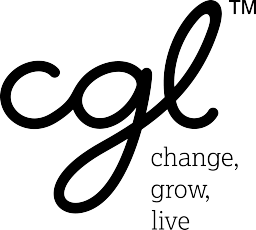

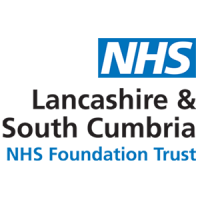

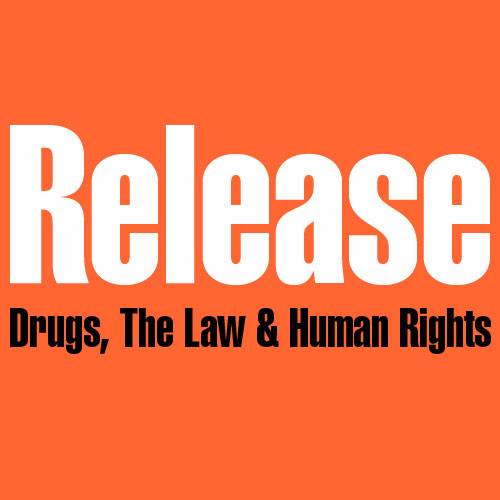

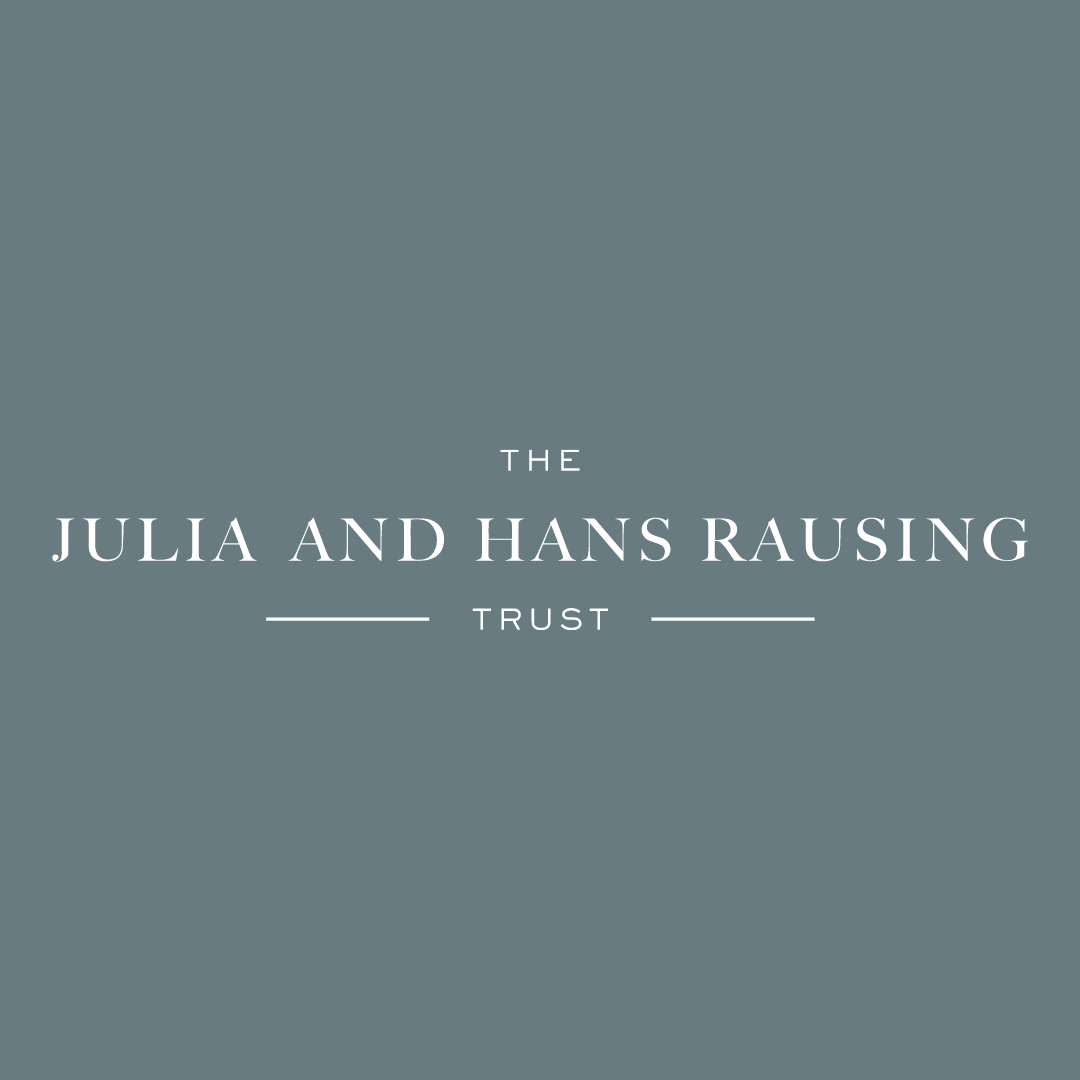
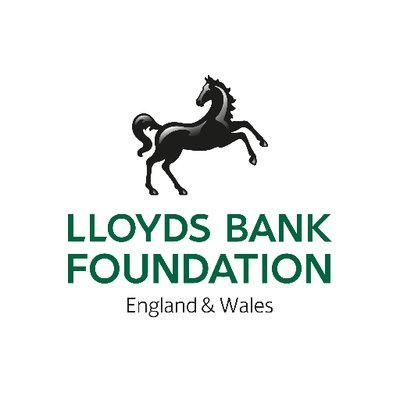


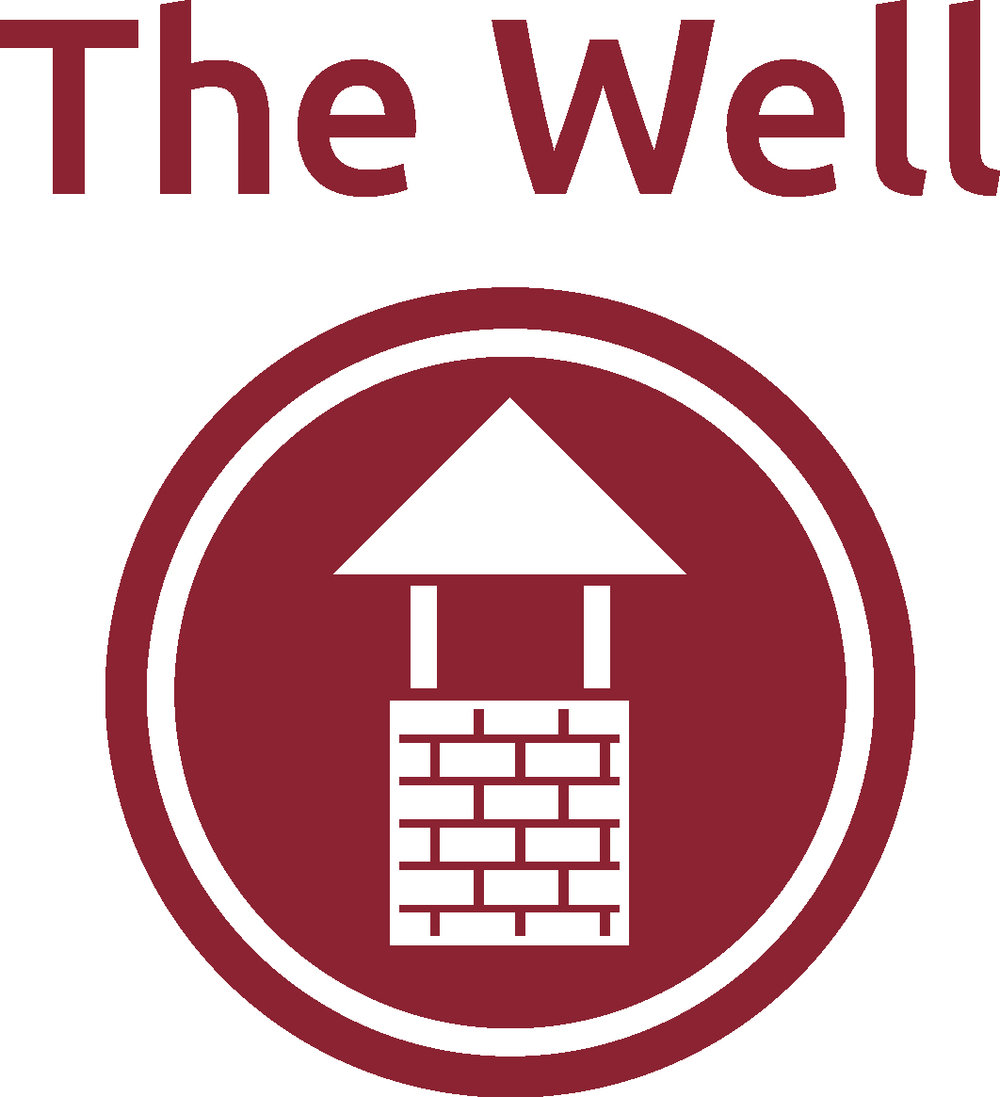





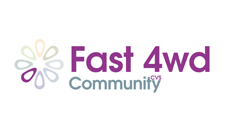





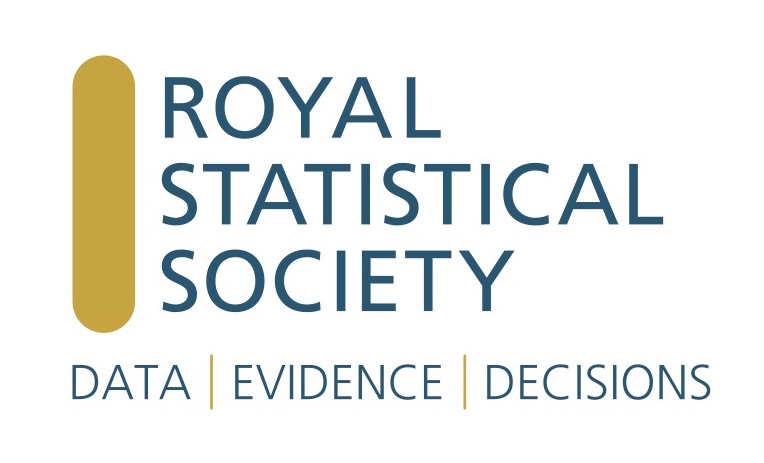

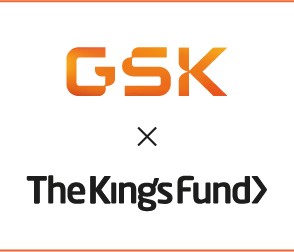
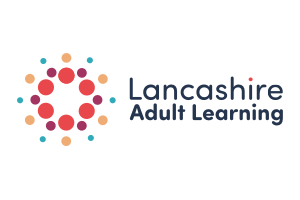
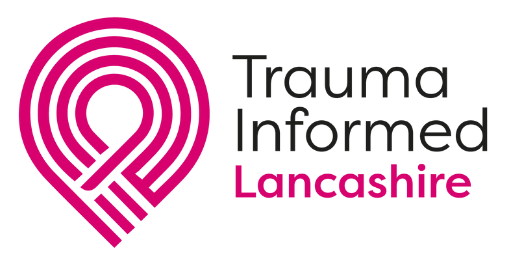








2024/25 Highlights
This year, we supported over 4,500 people, with 4,006 referrals coming from individuals and professionals seeking help. Across our communities, beneficiaries reported more than 75,000 hard outcomes, reflecting the real, measurable progress being made every day.
Our staff team peaked at around 130 people, with more than 95 percent bringing their own lived experience to the role. This authenticity has remained one of our greatest strengths. At our Preston hub, we continued to operate our own foodbank, offering essential supplies to those in immediate need.
We continued to prioritise the wellbeing of our team, offering health care packages, a weekly wellbeing hour, and access to counselling through an external provider. For many of our staff, this support has been vital in managing long-standing trauma and maintaining resilience.
We also grew our training offer, delivering regular sessions at HMP Hindley and expanding our reach through community programmes. Our work extended further afield this year, as we began supporting Project Free in Bury and formally brought it under our umbrella, marking our first permanent step into Greater Manchester.
We were nominated for the CVS Volunteer Awards in the Grassroots category, recognising the dedication and leadership of our Roots Community in Blackburn with Darwen.
We trained 783 professionals externally, including social workers, prison officers, NHS staff and mental health workers, sharing insight that challenges stigma and transforms practice.
We helped 647 people access accredited training, opening doors to learning and development. A further 131 individuals secured employment with our support, turning recovery into long-term opportunity.
Our teams delivered 209 community projects, from hosting curry nights for people experiencing homelessness to joining forces on community clean-ups. We ran around 60 groups every week, a vibrant mix of face-to-face and online sessions that offered both structure and connection, with themes ranging from creative expression to trauma support.
Behind the scenes, we introduced a bespoke onboarding portal and rolled out a new integrated phone system, both developed in-house. Our IT systems were strengthened too, with the introduction of two-factor authentication across the board.
To recognise and reward our staff and volunteers, we hosted a number of wellbeing days and outings, including trips to Blackpool Pleasure Beach, the Crystal Maze, and even a private cinema screening. These moments of fun and appreciation helped strengthen bonds and lift spirits.
In North Yorkshire, our Connected Spaces recovery community continued to grow. With the help of additional funding, we welcomed a new staff member to expand our impact in the region. Elsewhere, we have been invited to consider delivering services in Cumbria and Oldham, with discussions underway with local commissioners.
Our staff delivered guest lectures at both Lancaster and Chester Universities, helping to shape professional understanding of addiction, trauma and recovery through lived experience.
